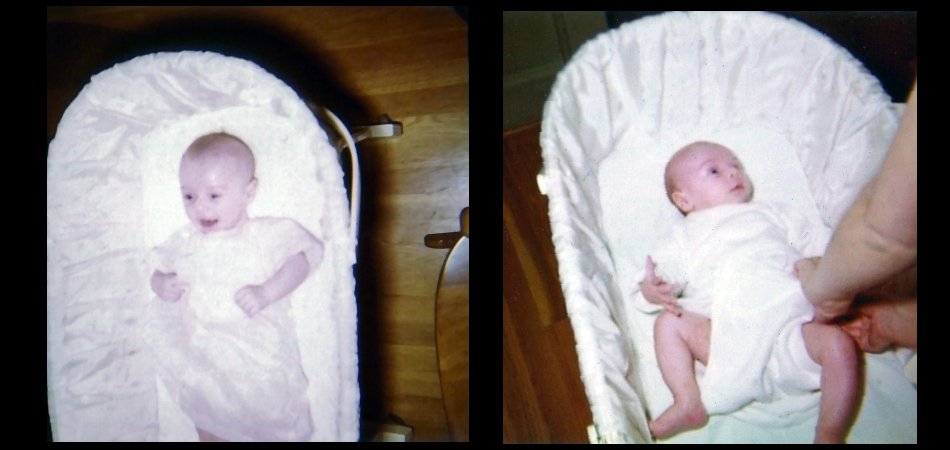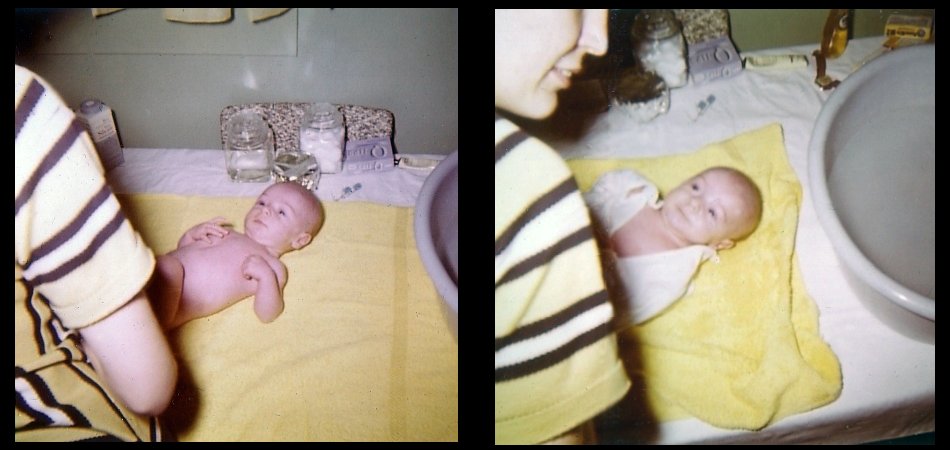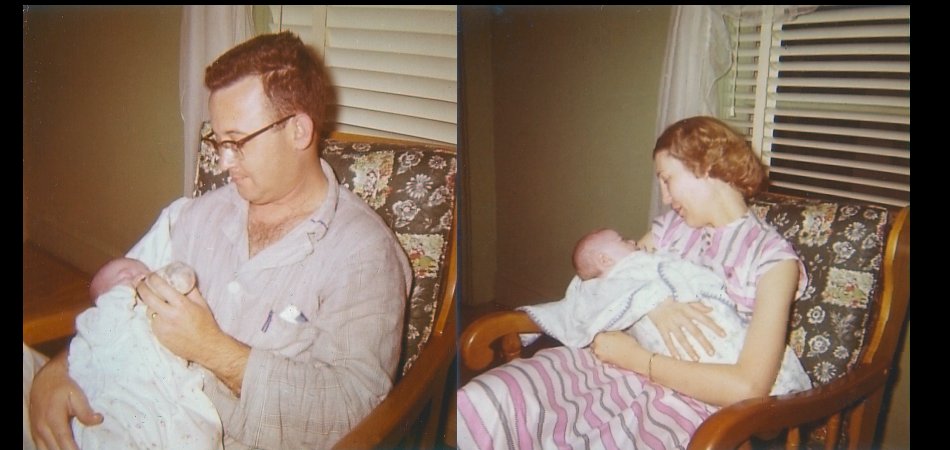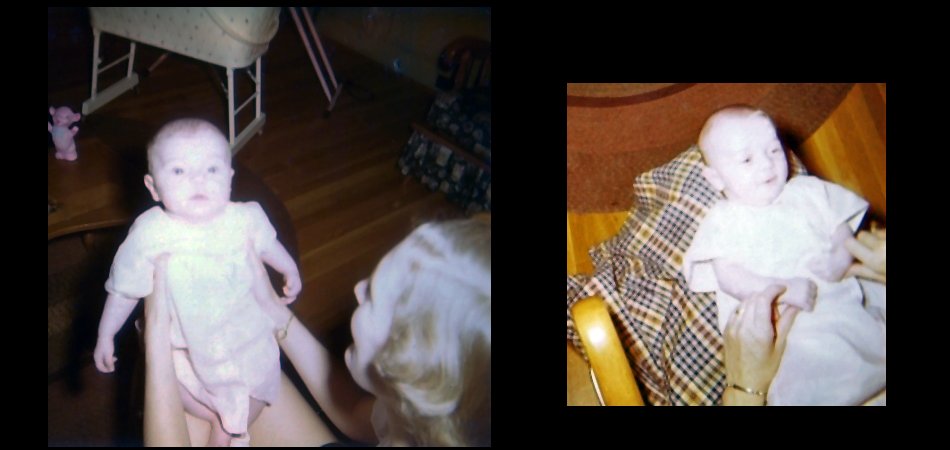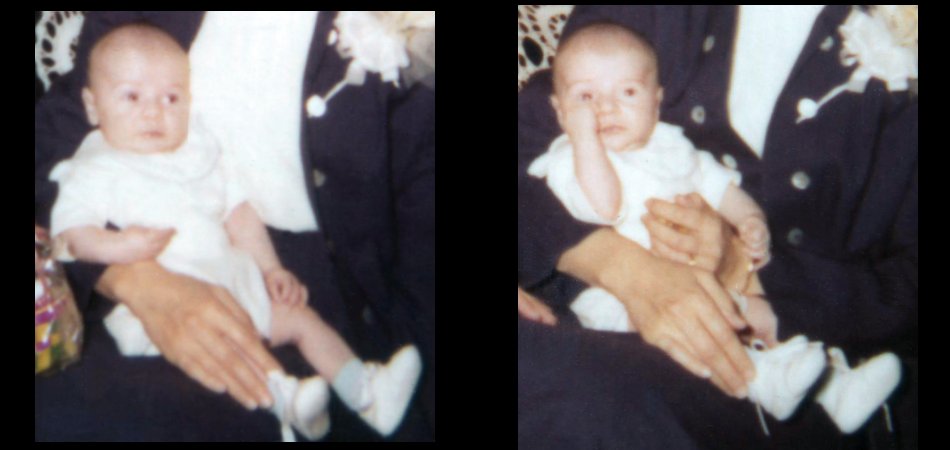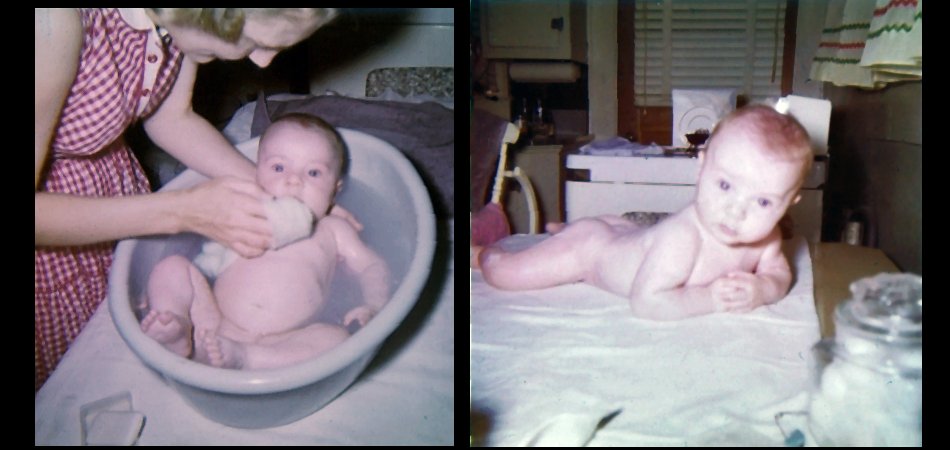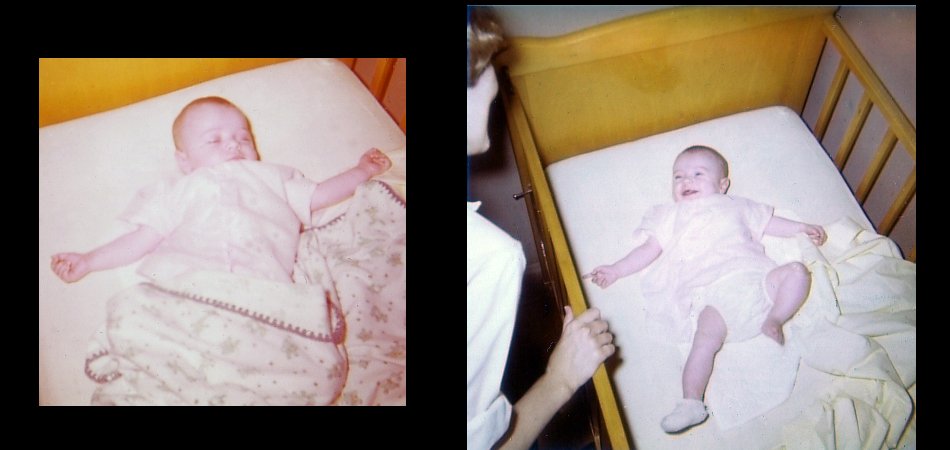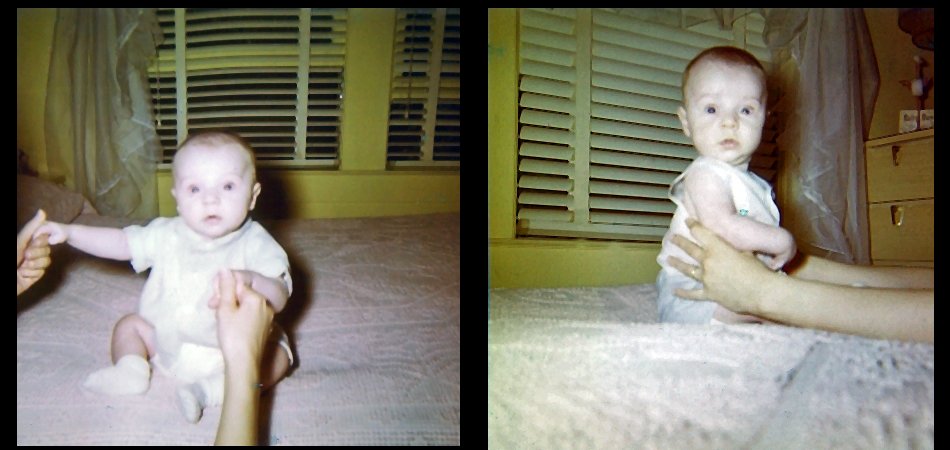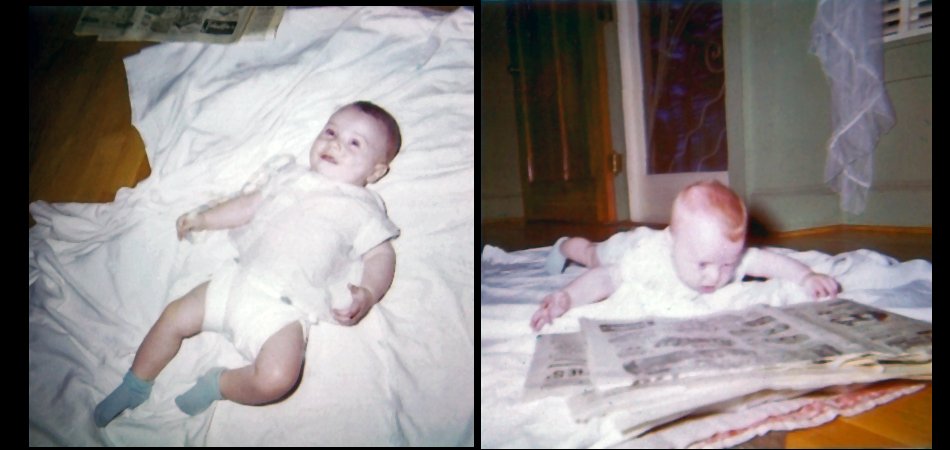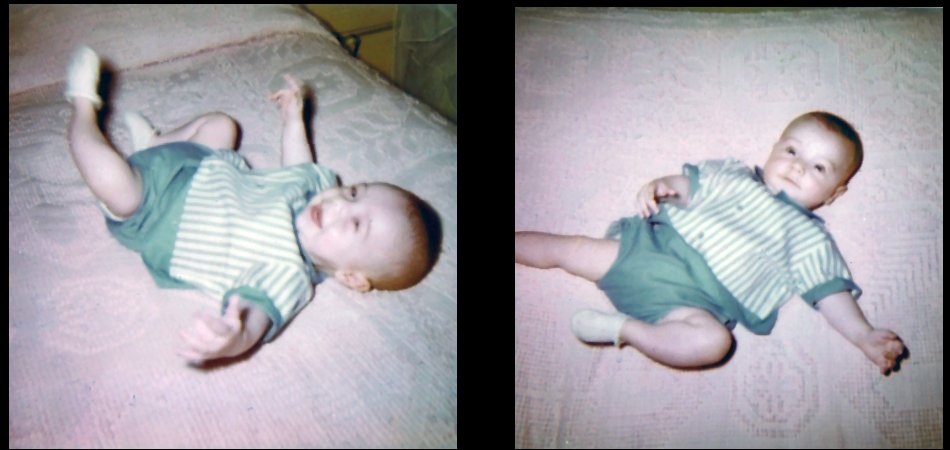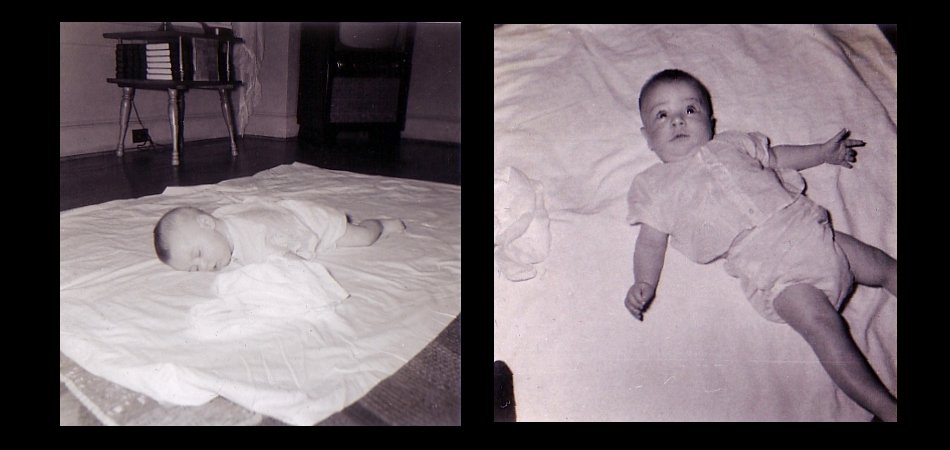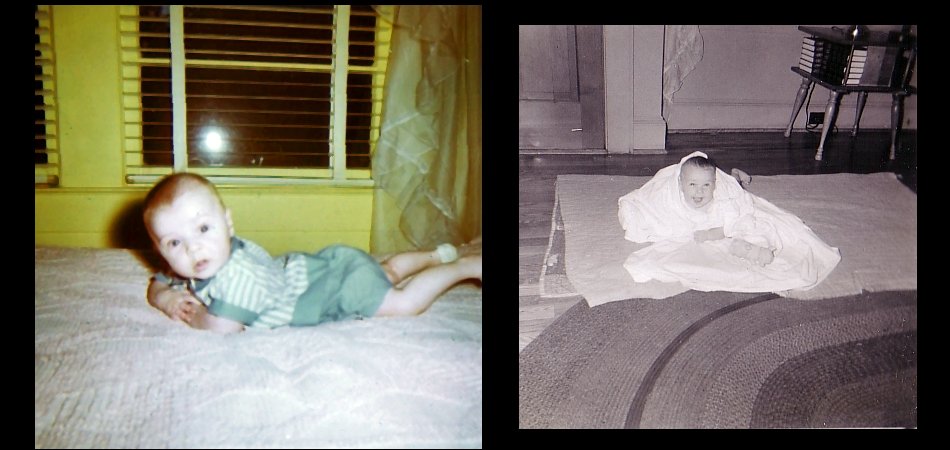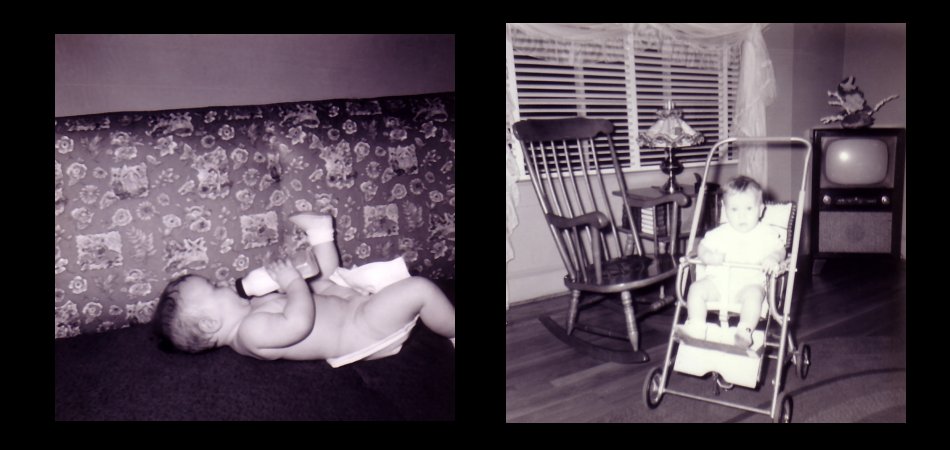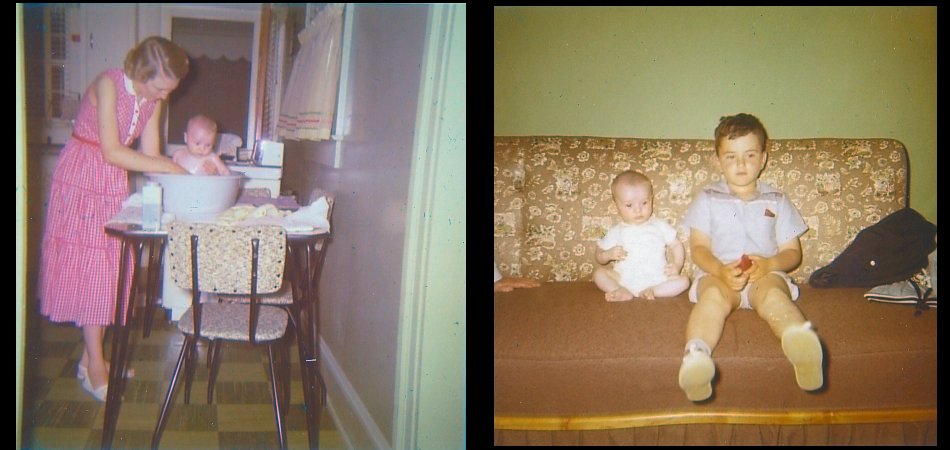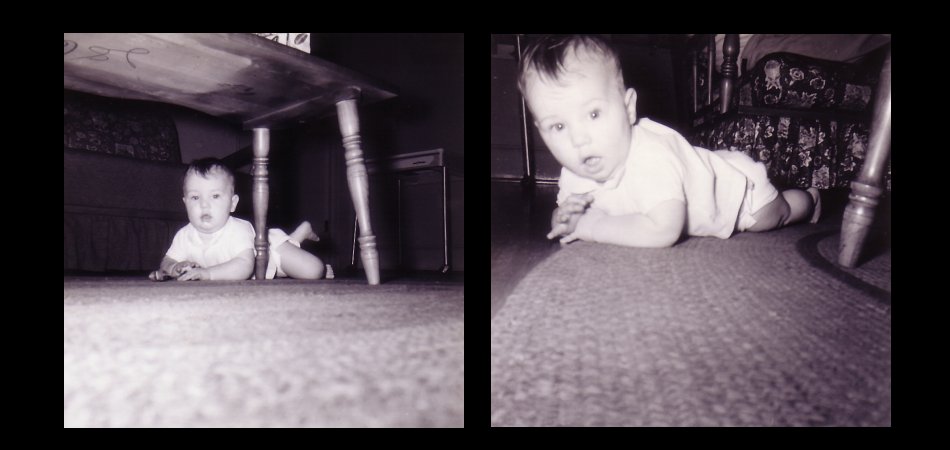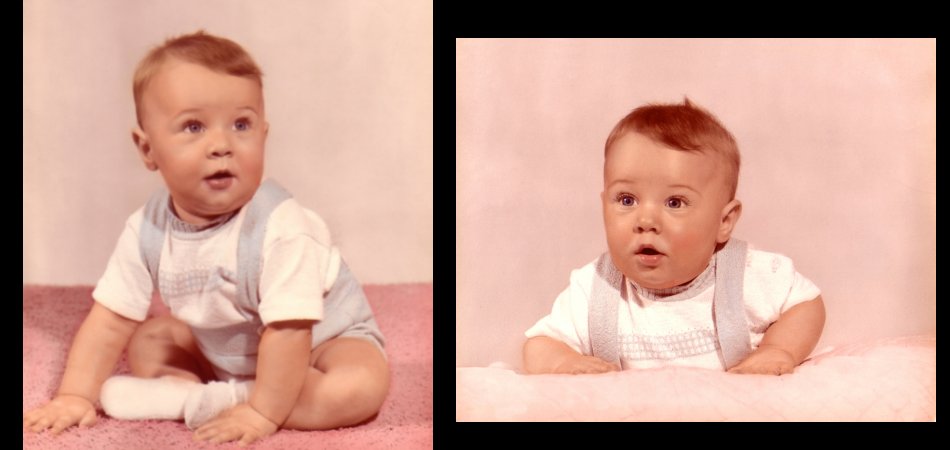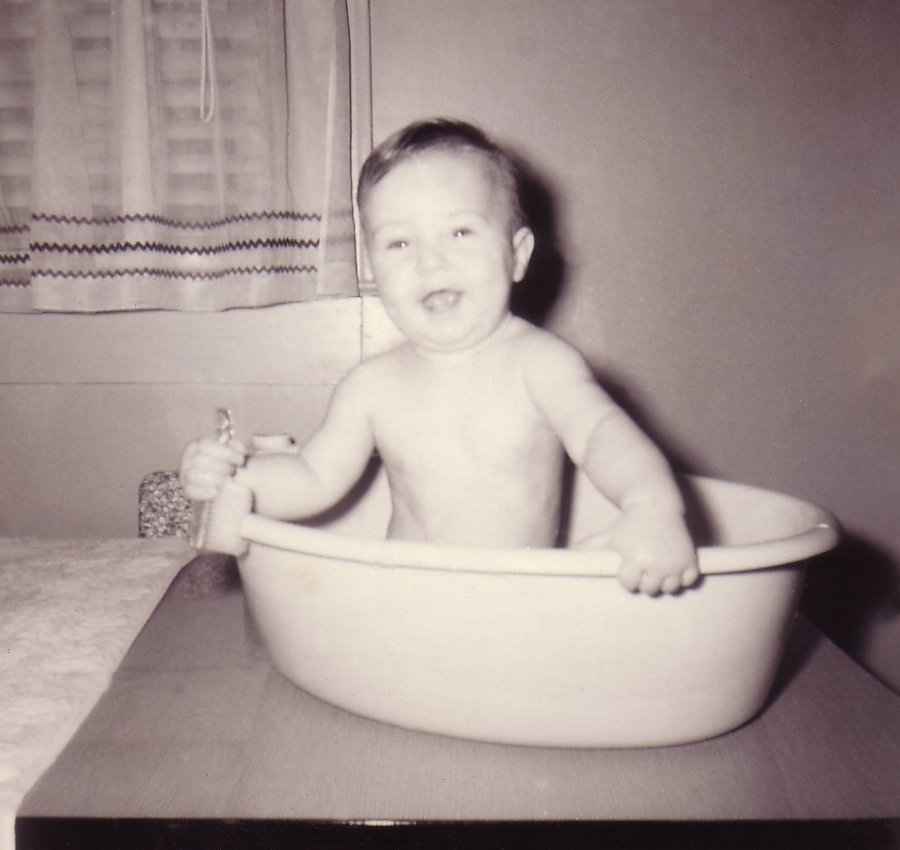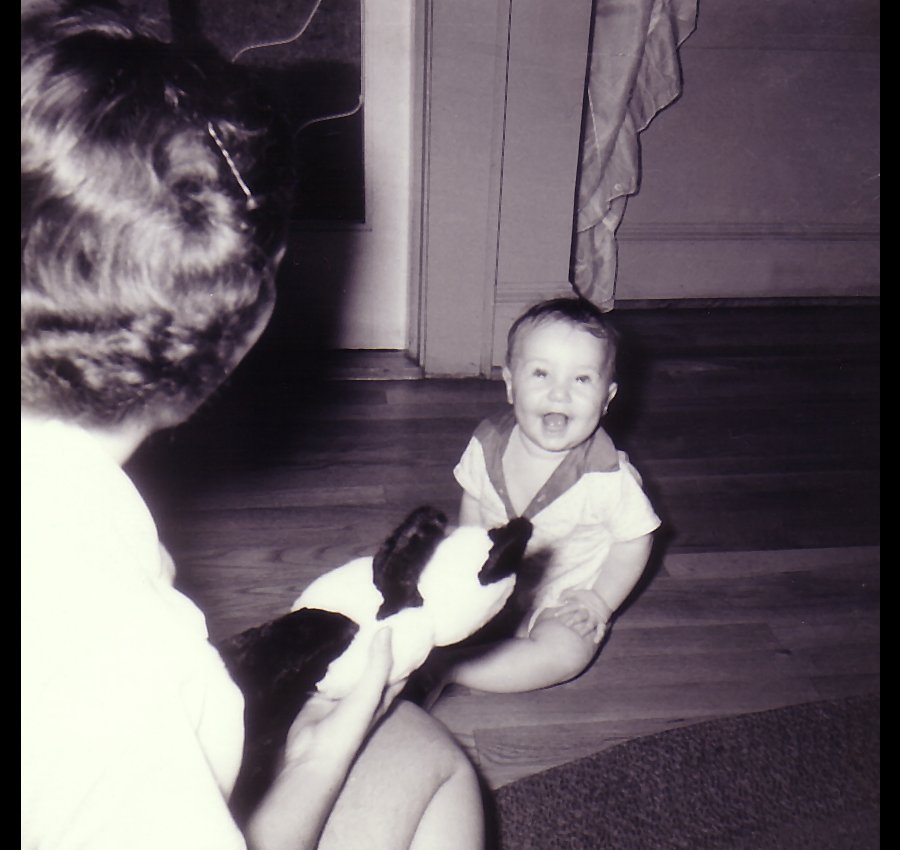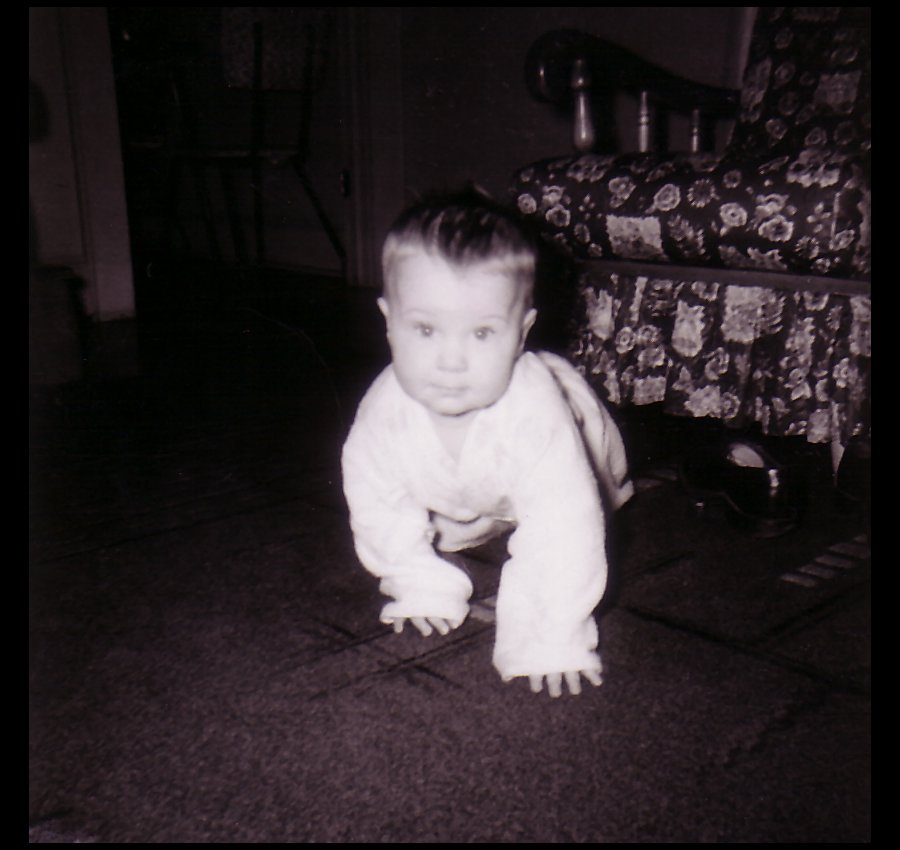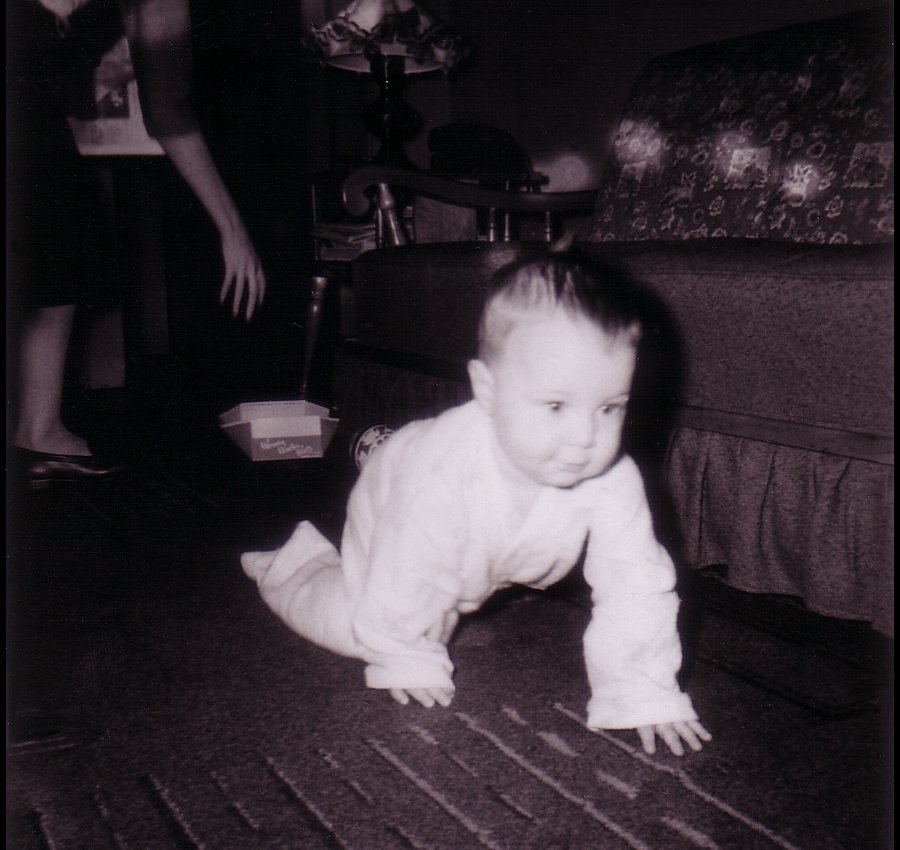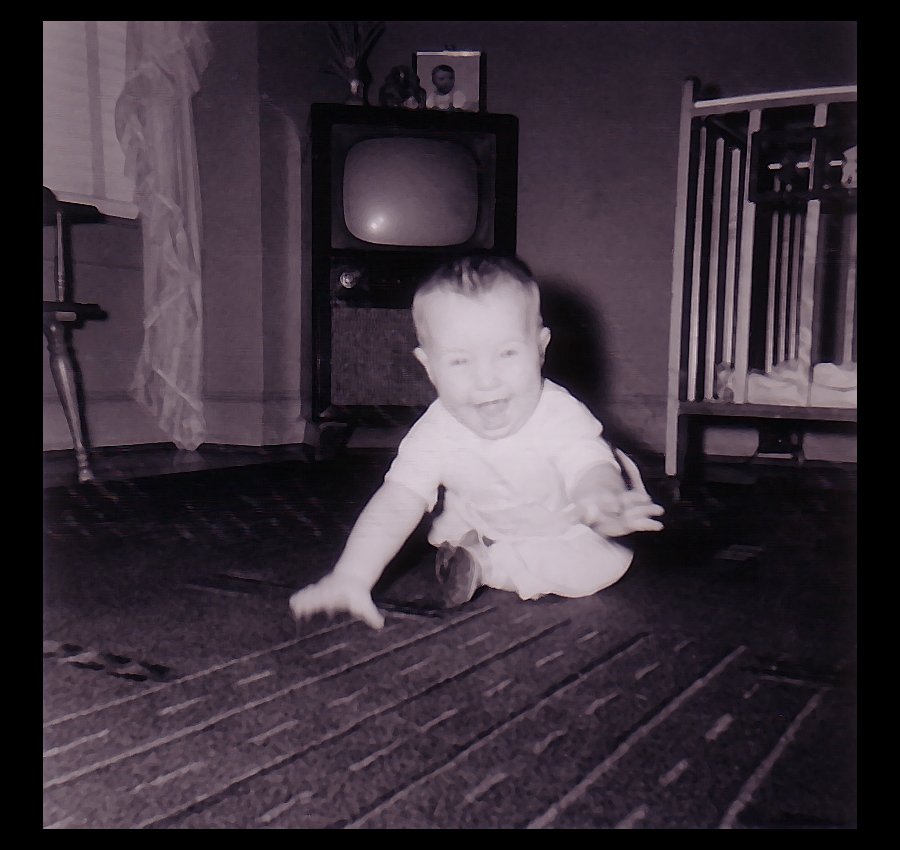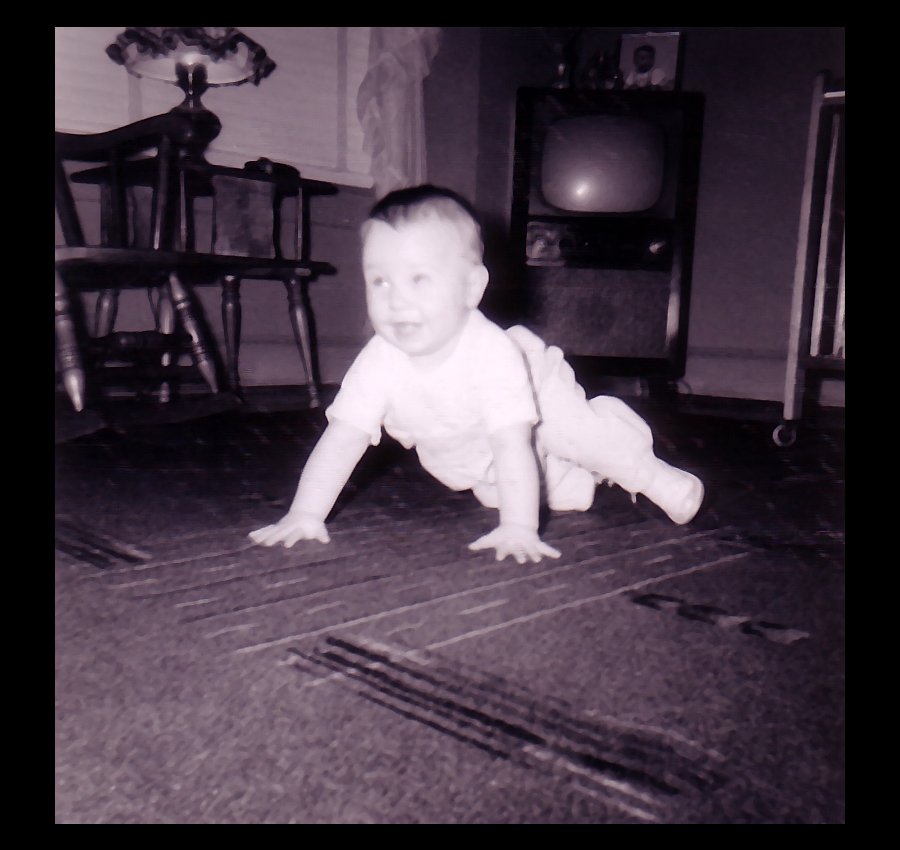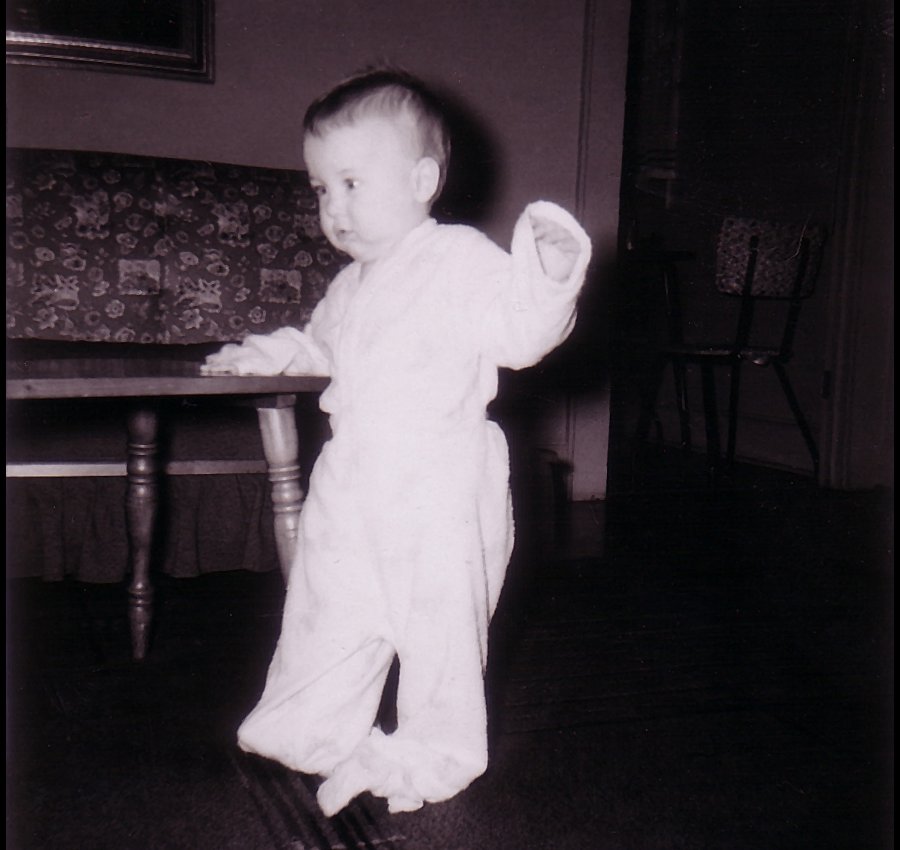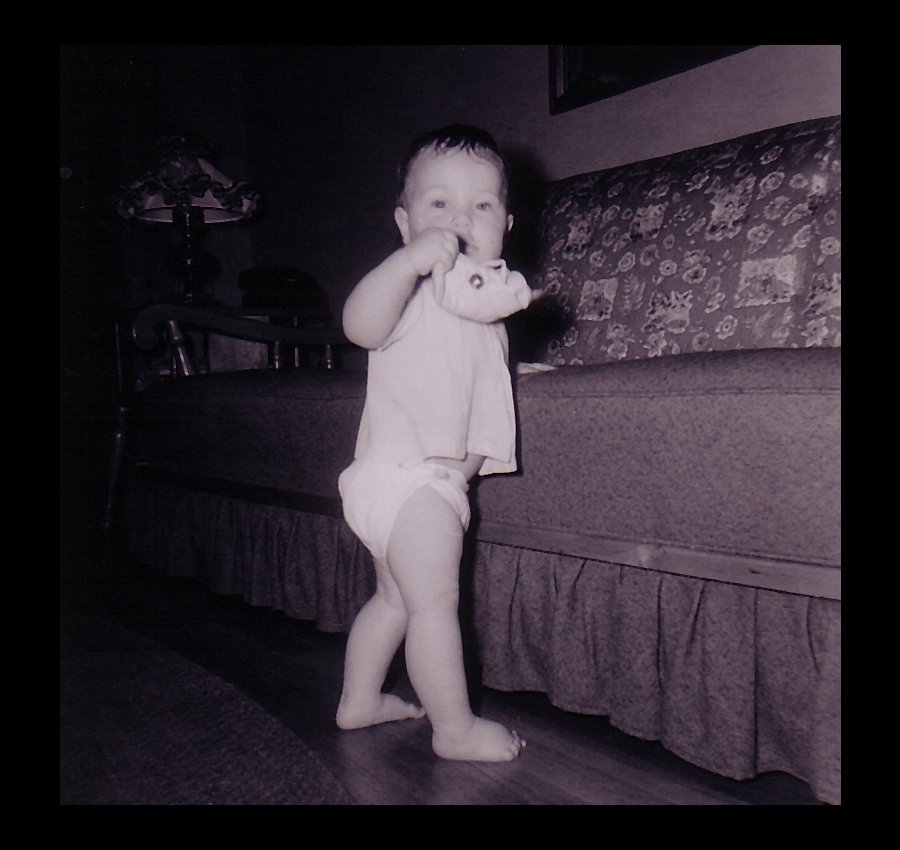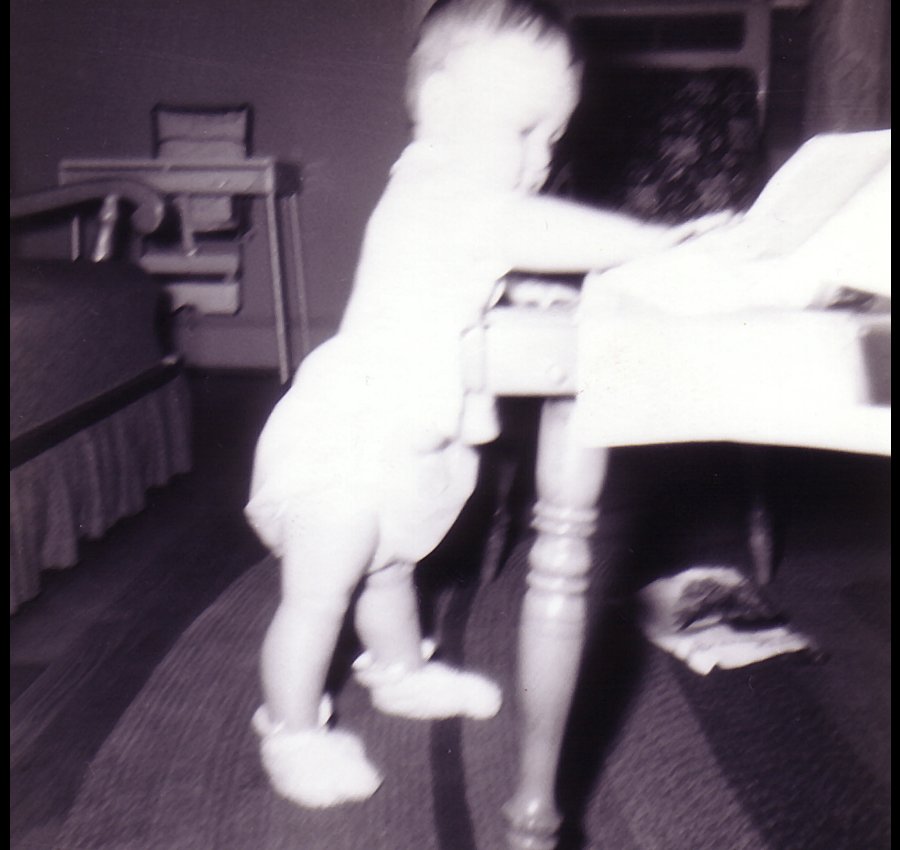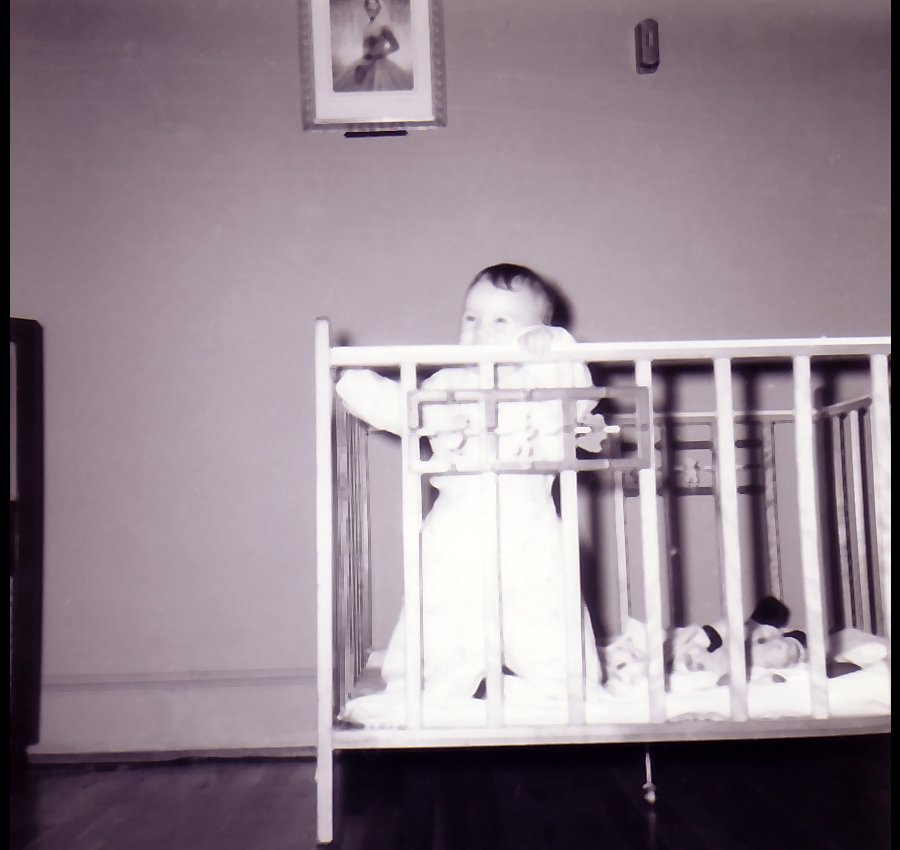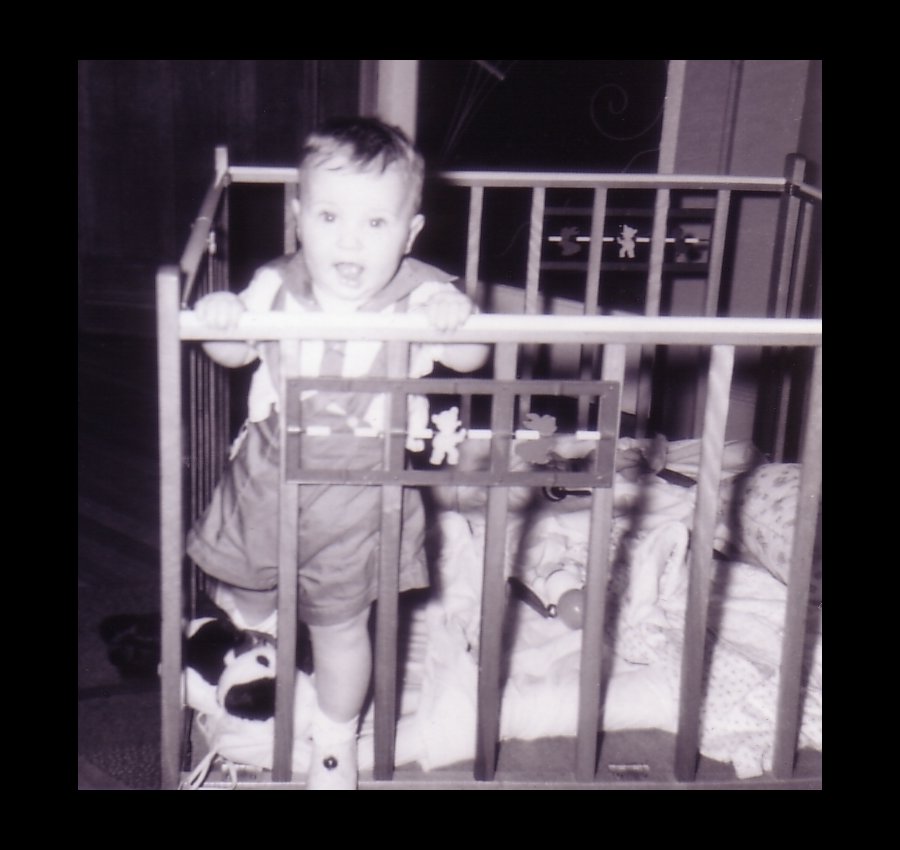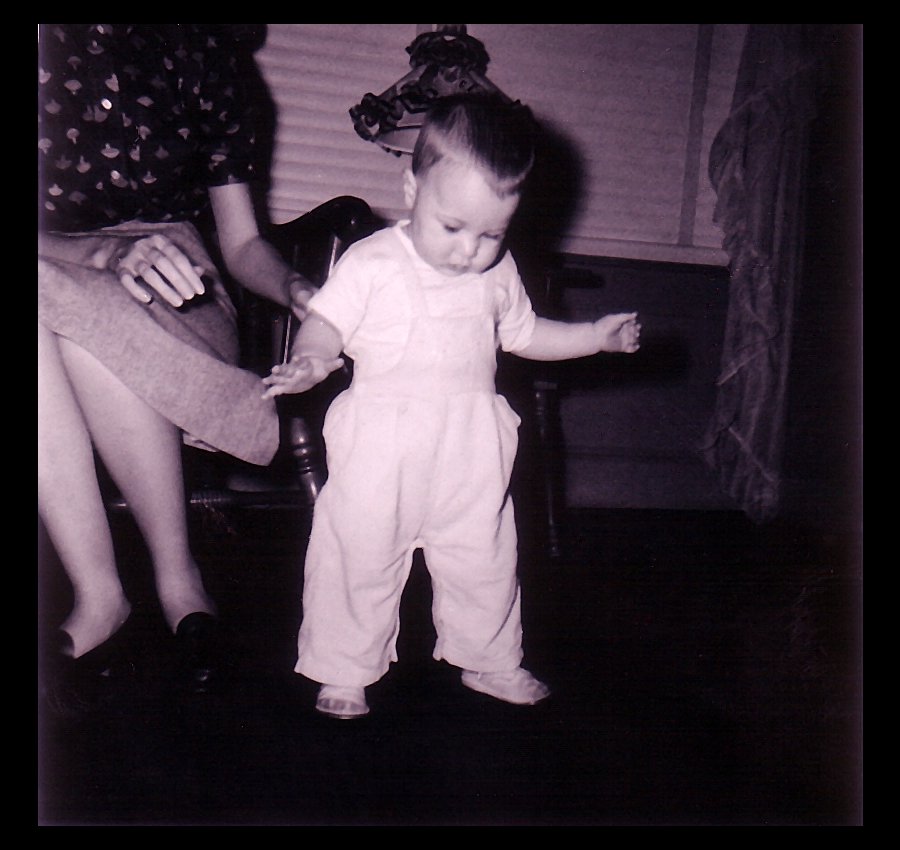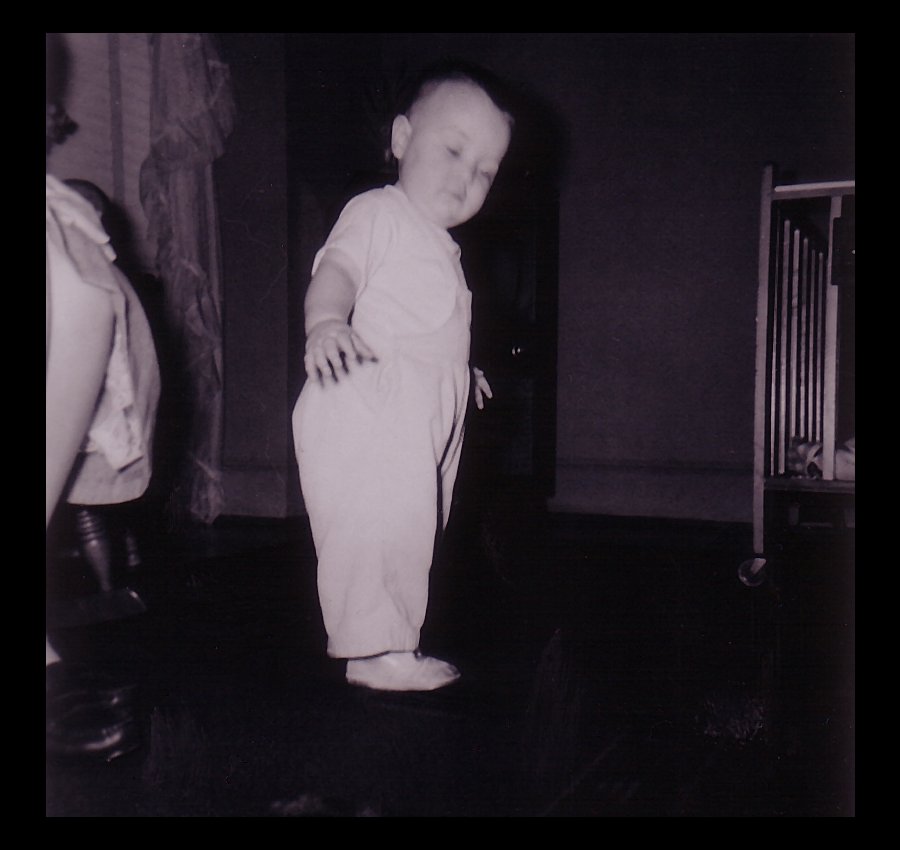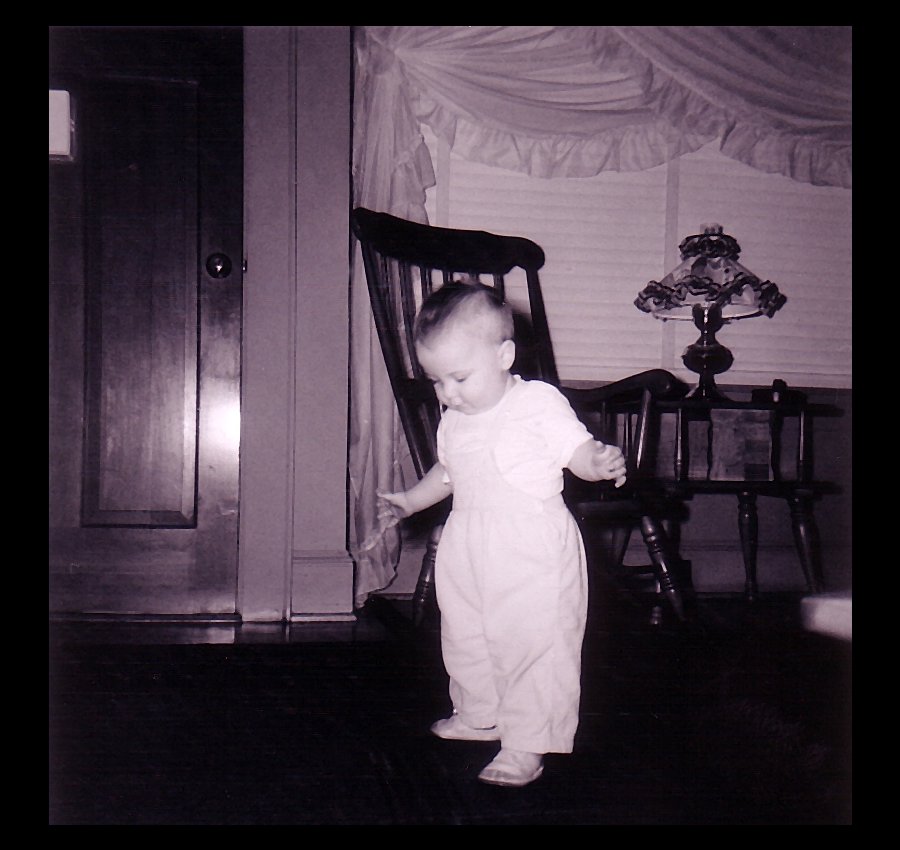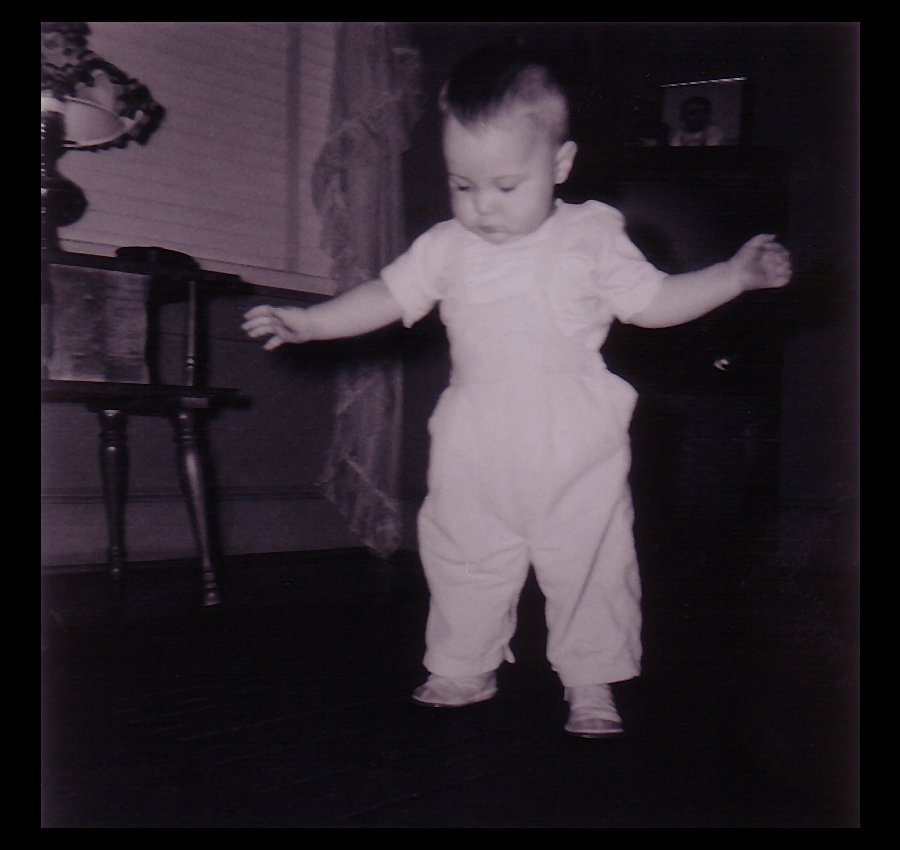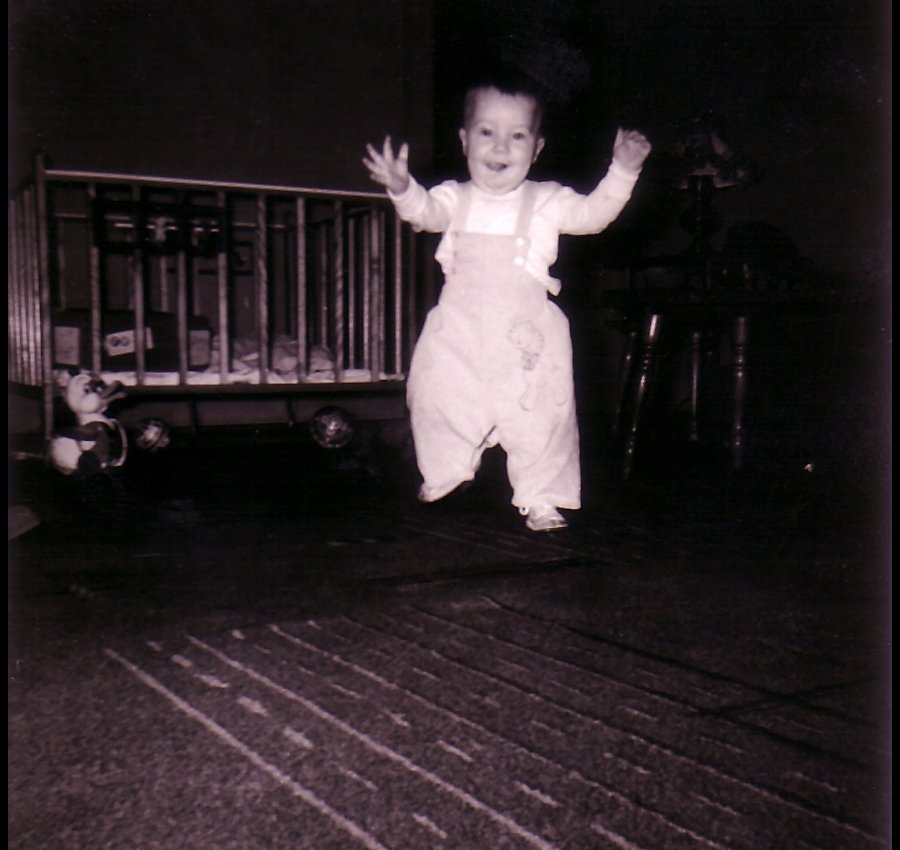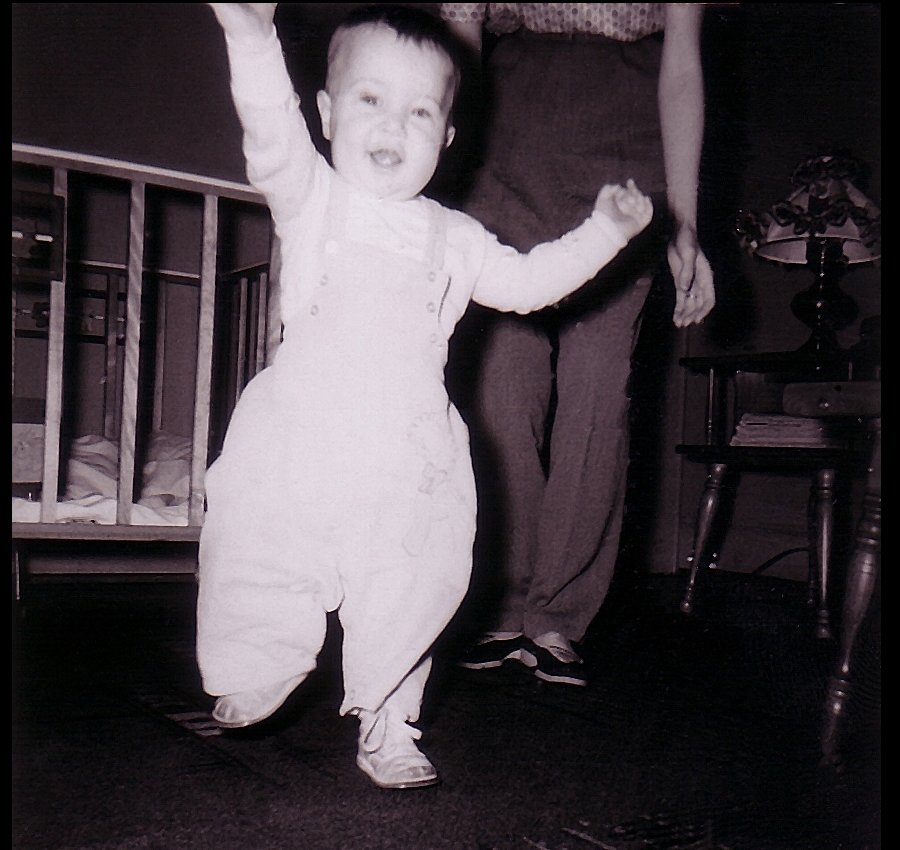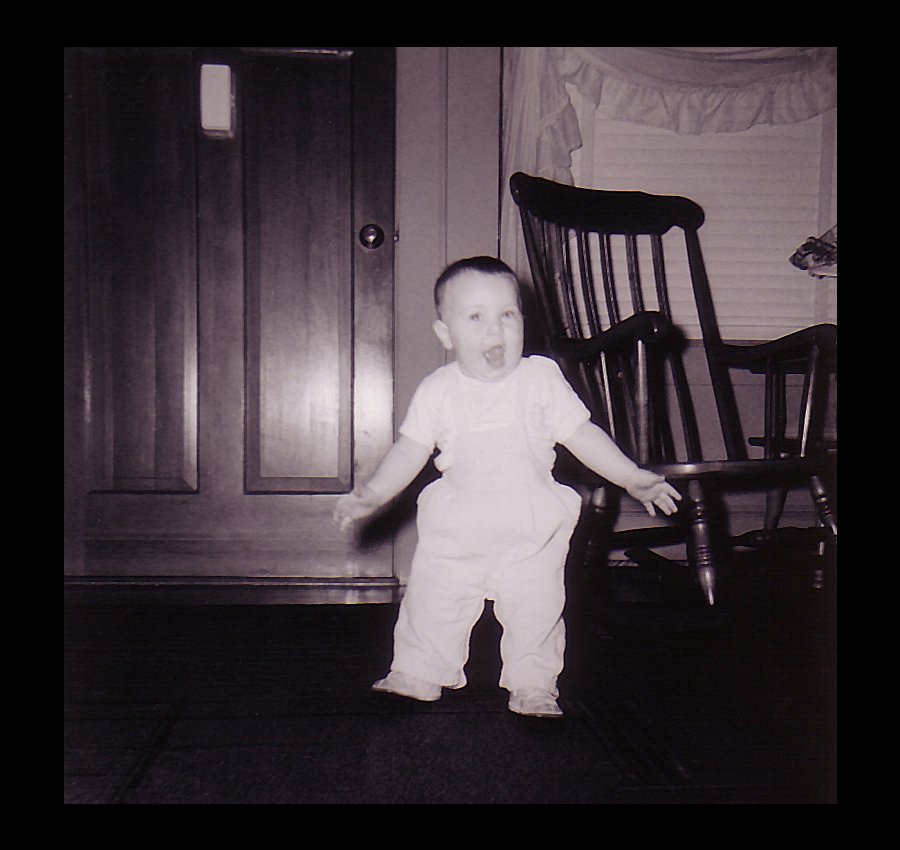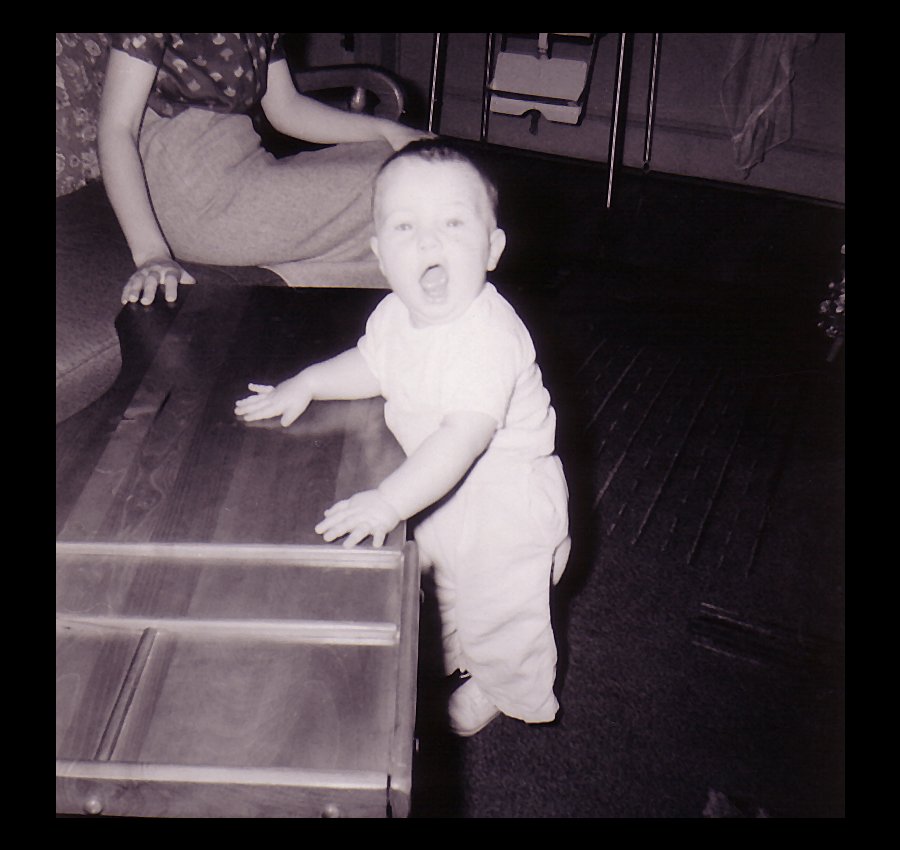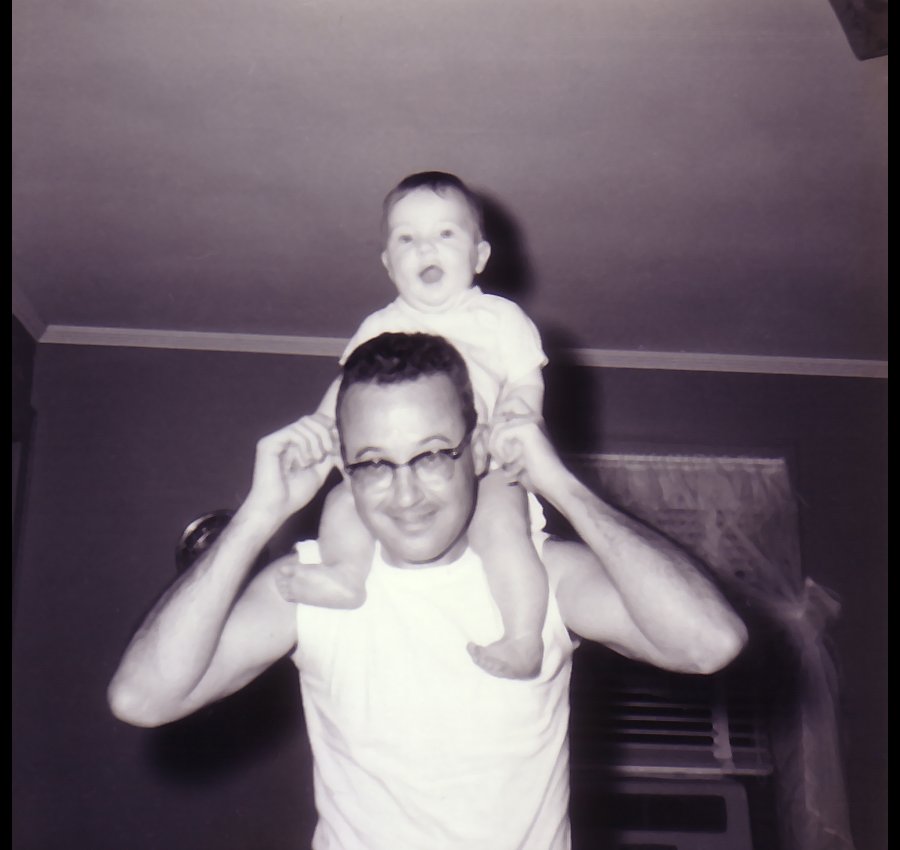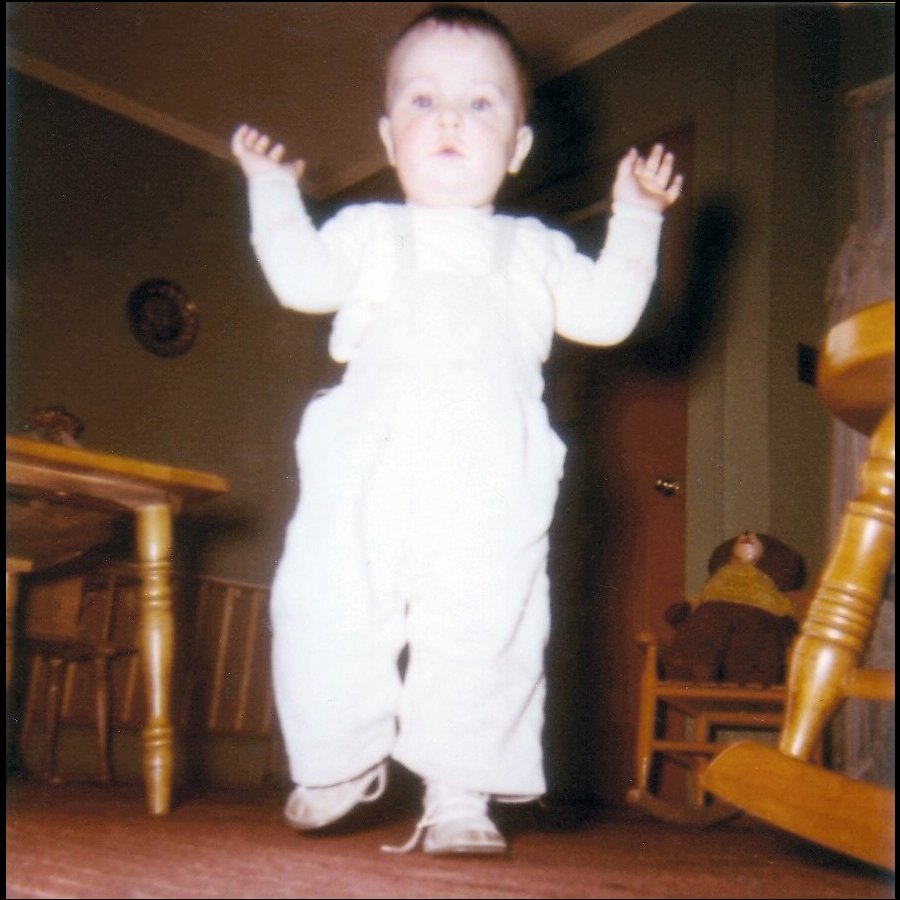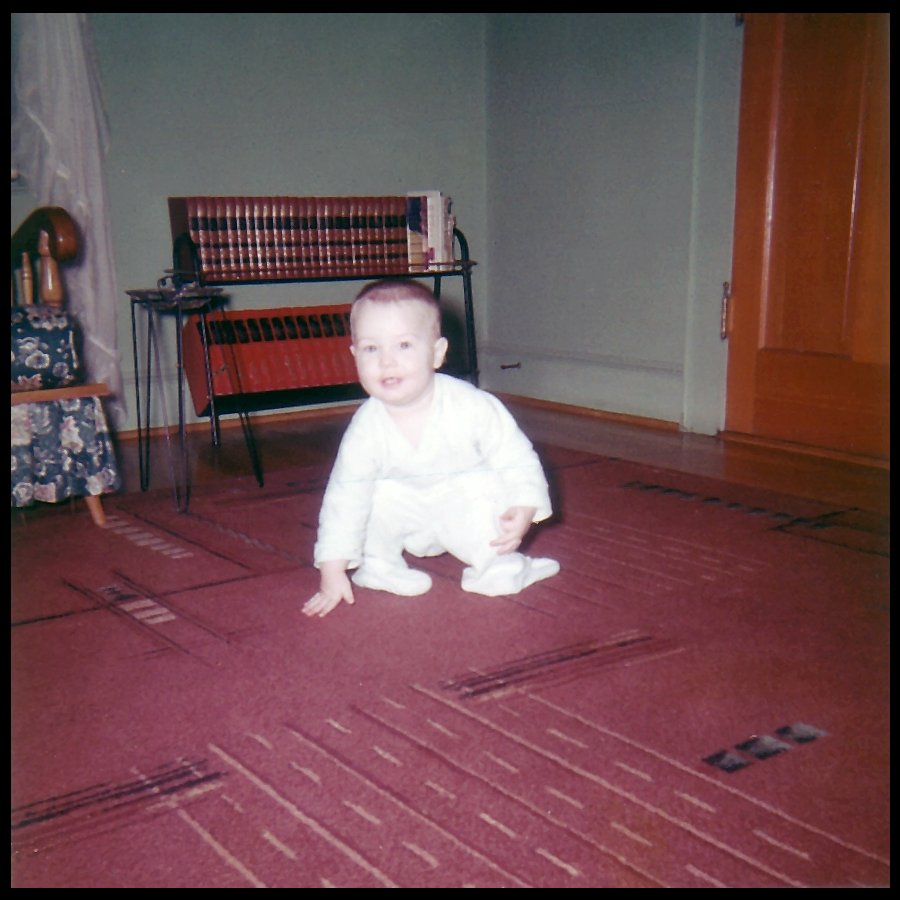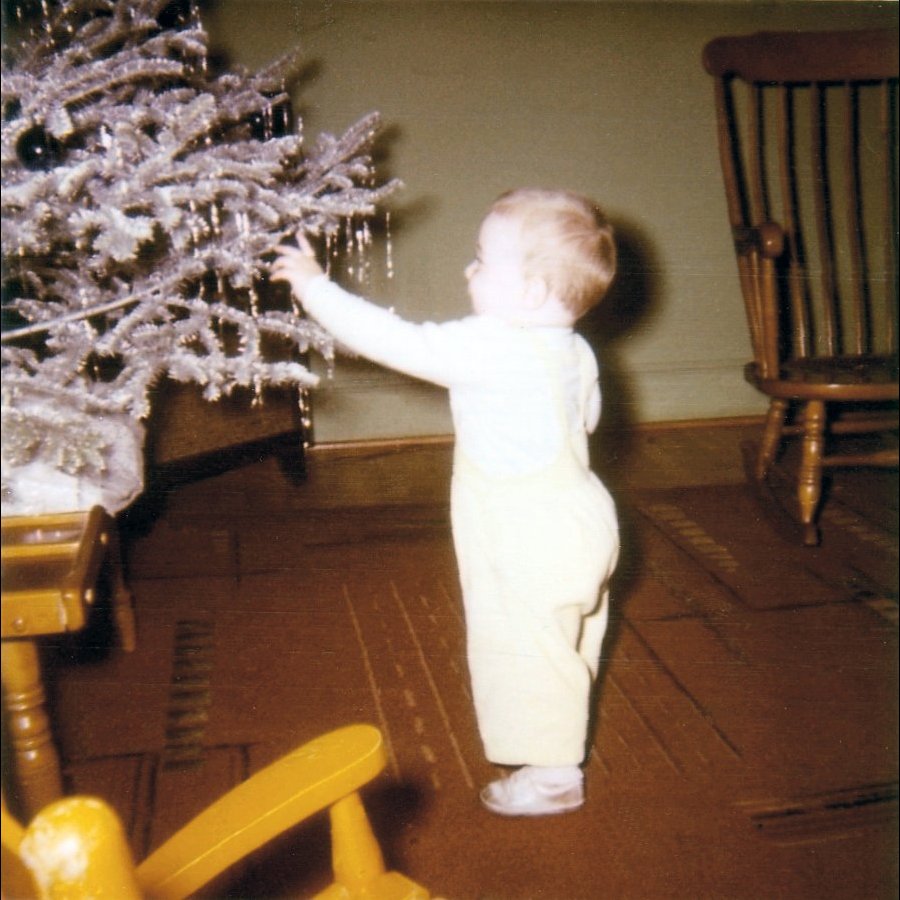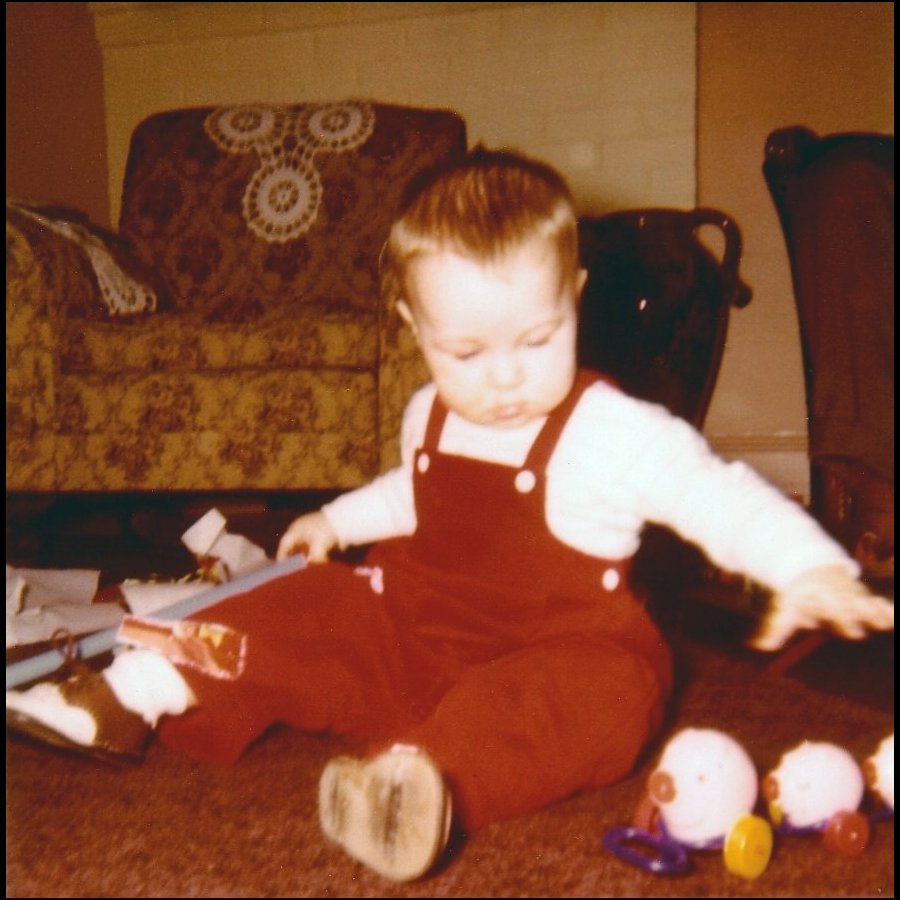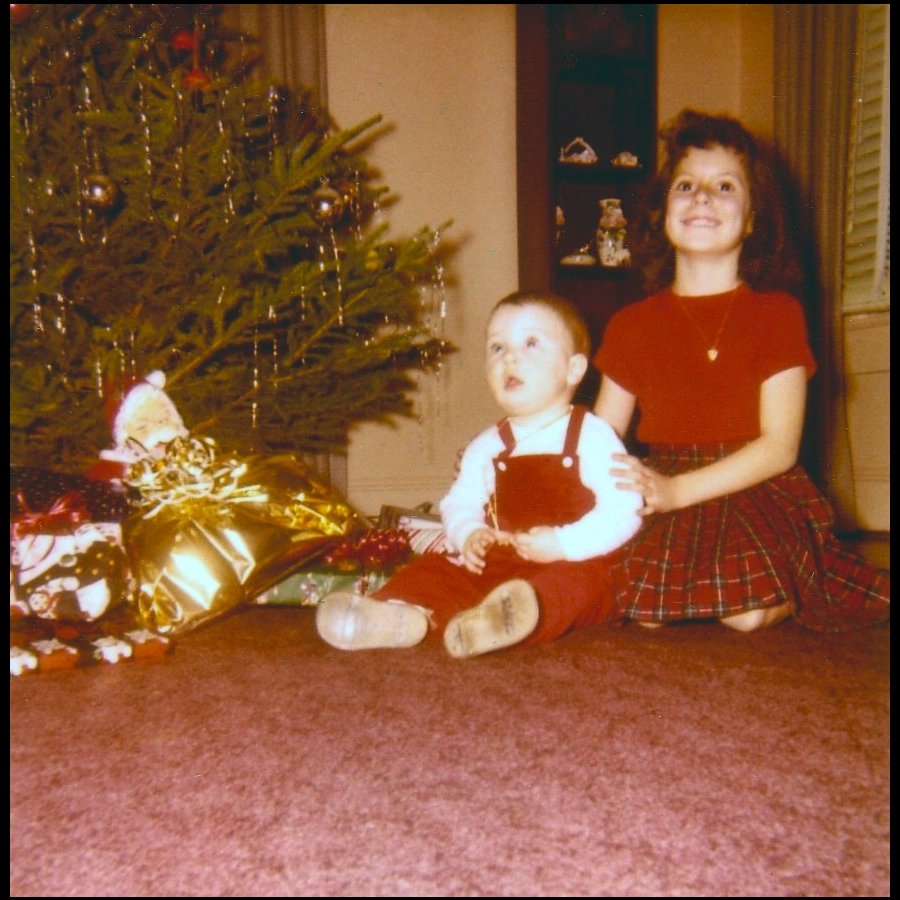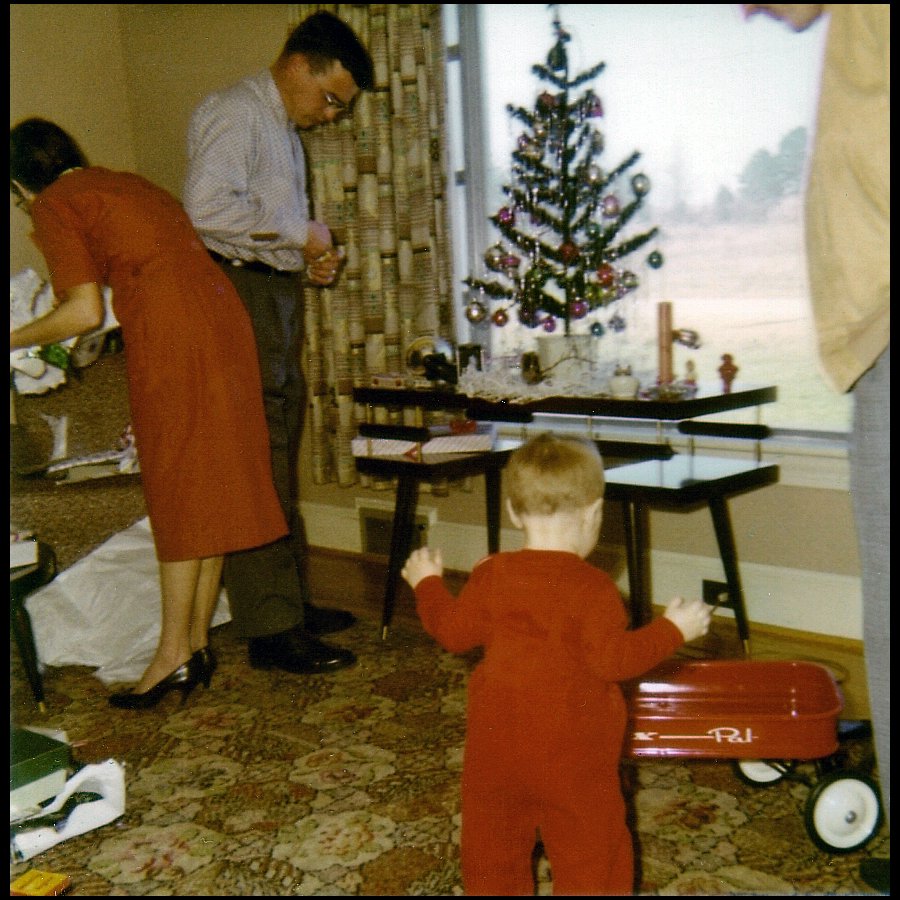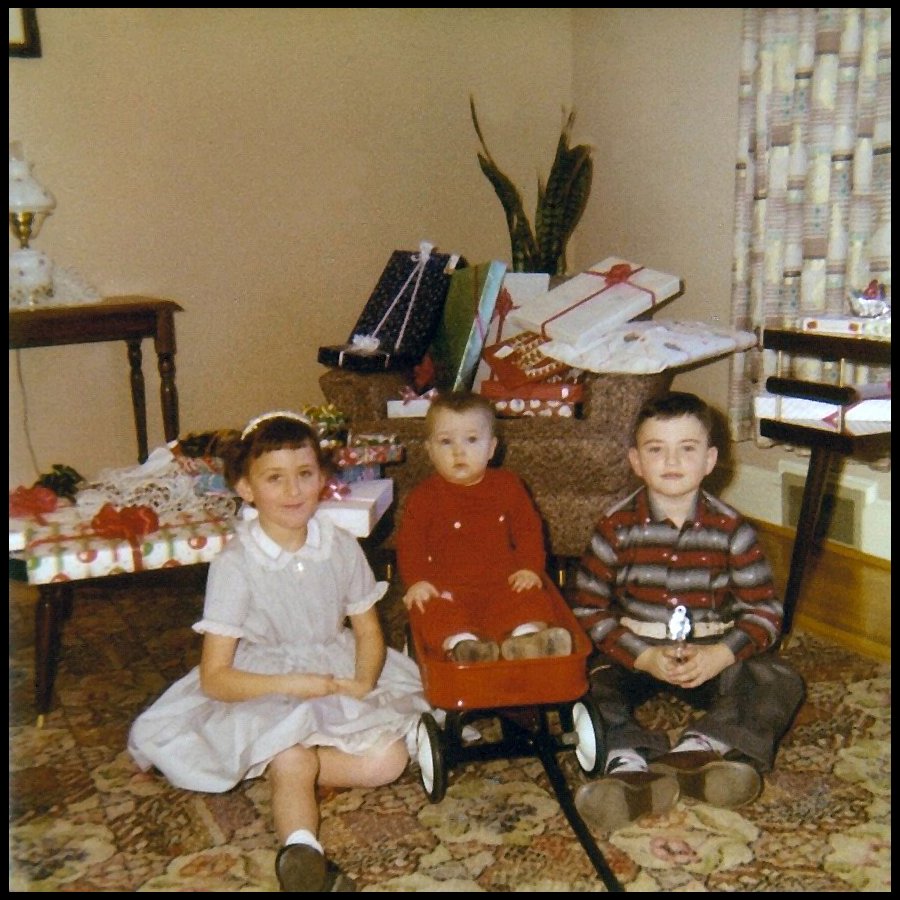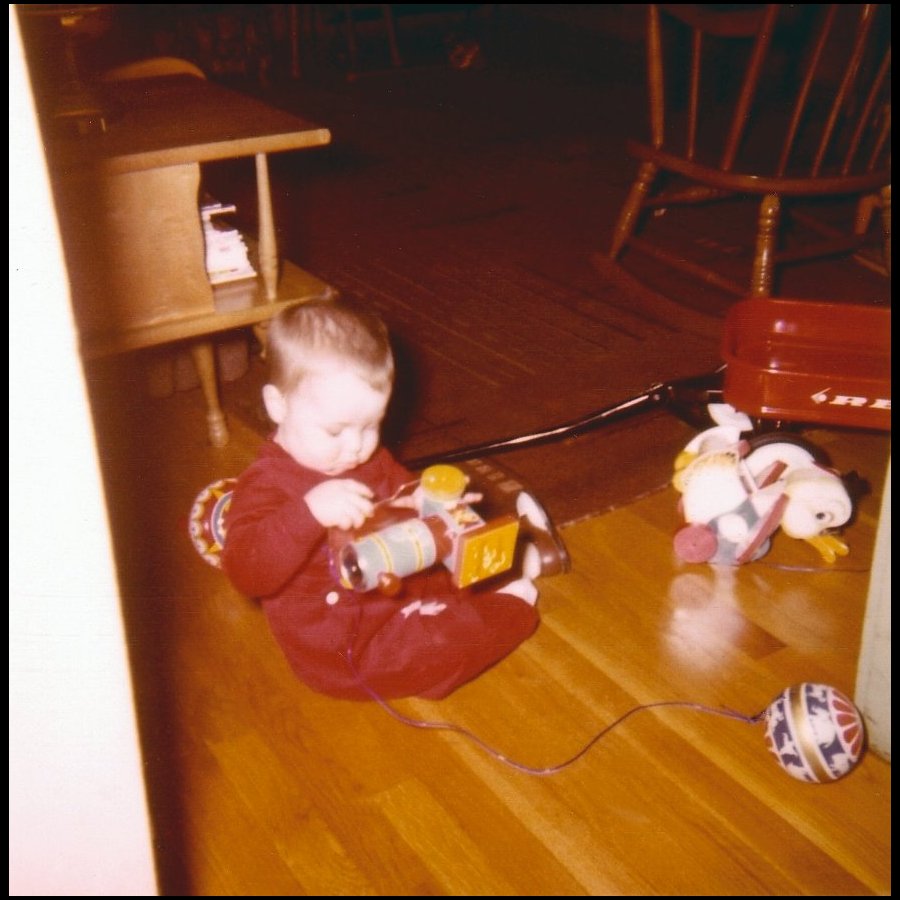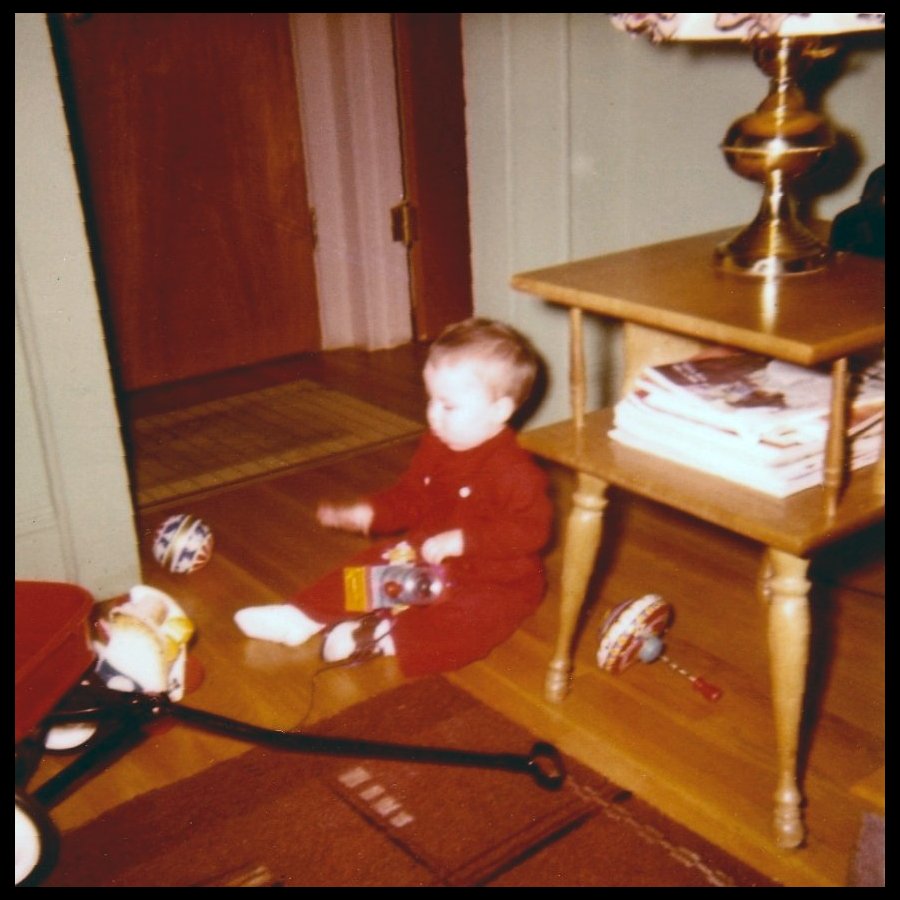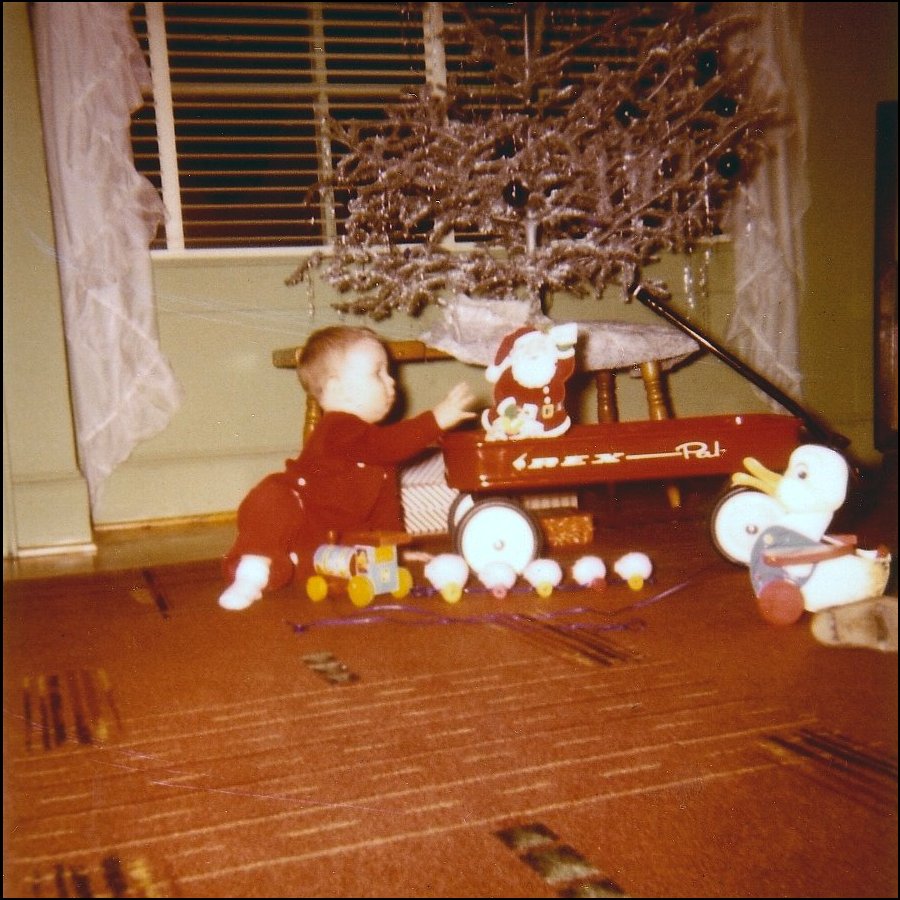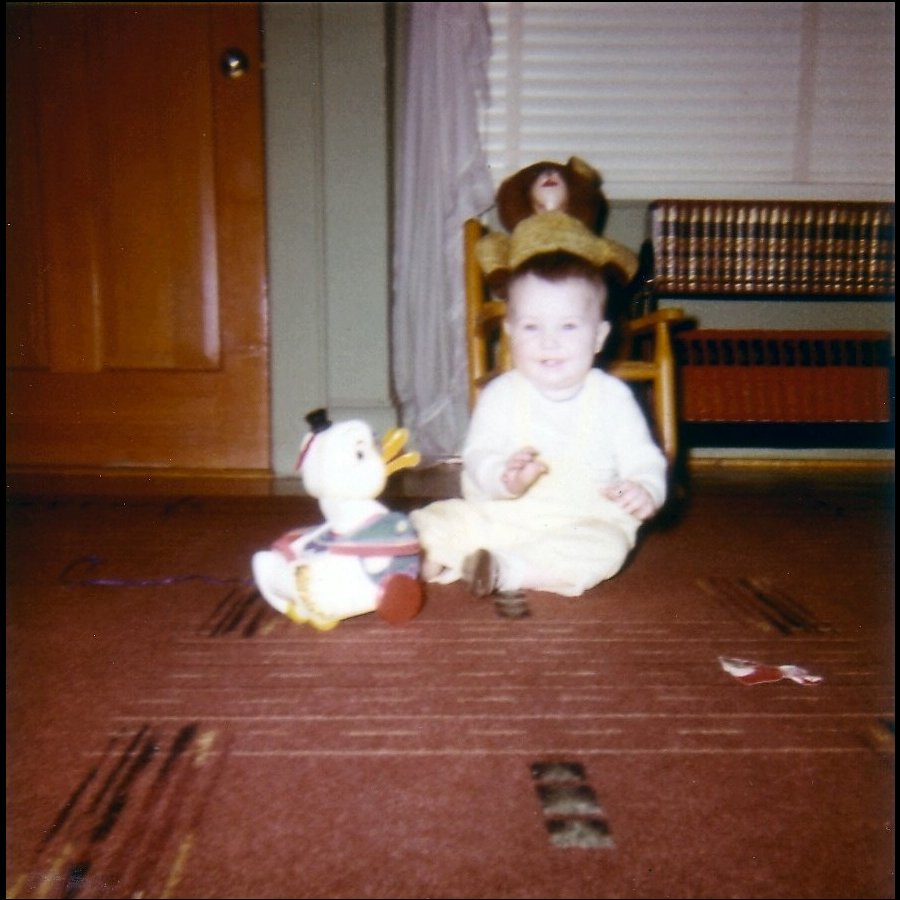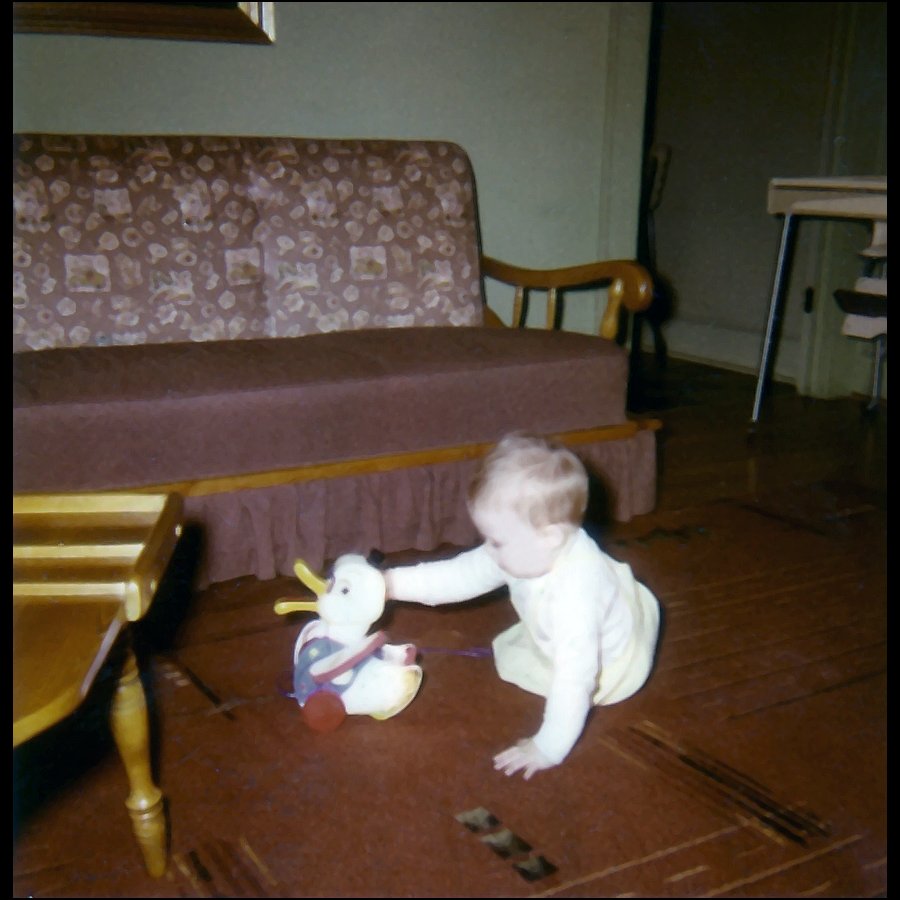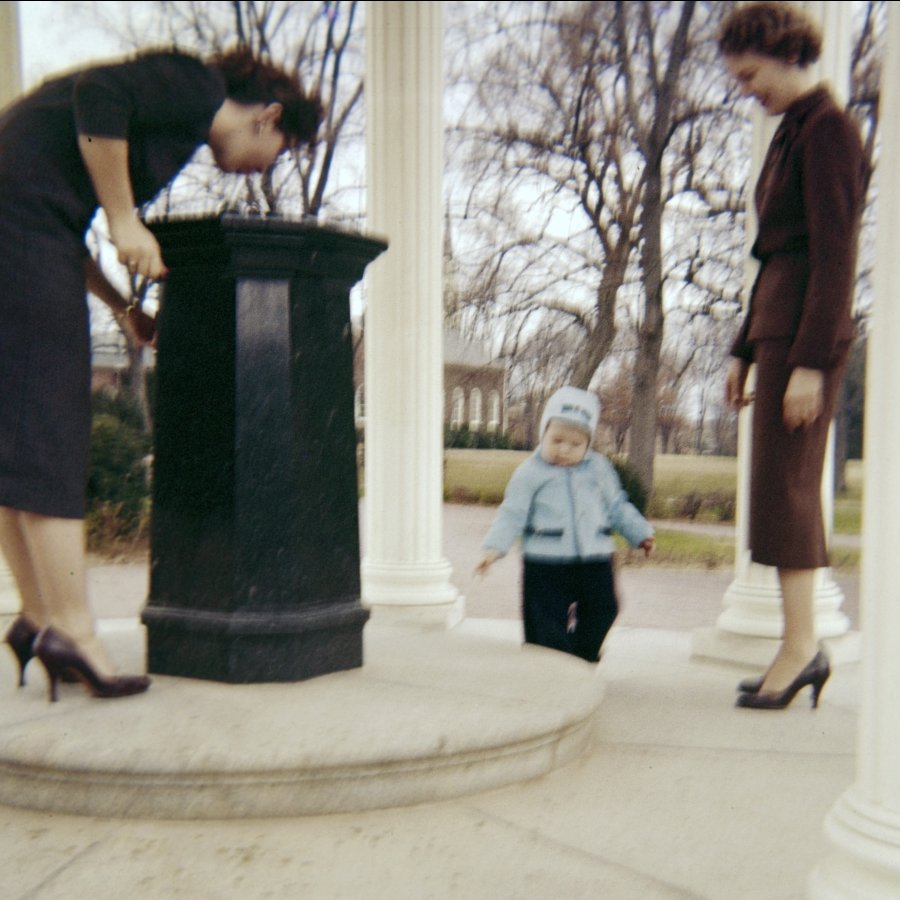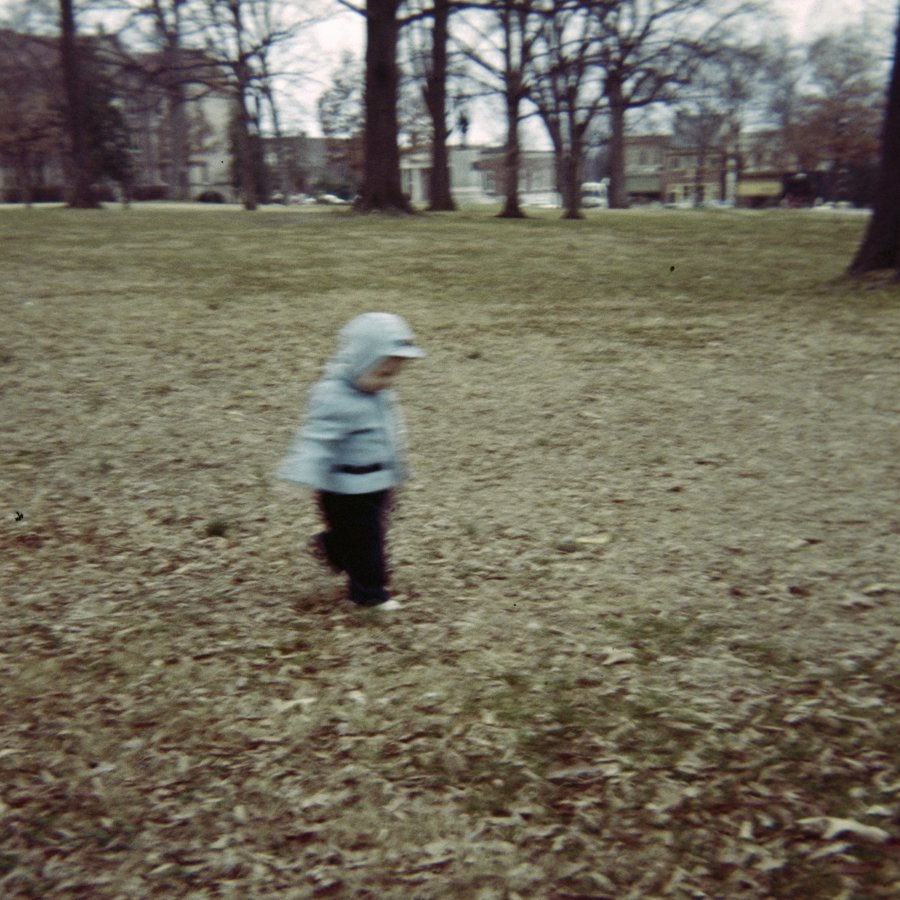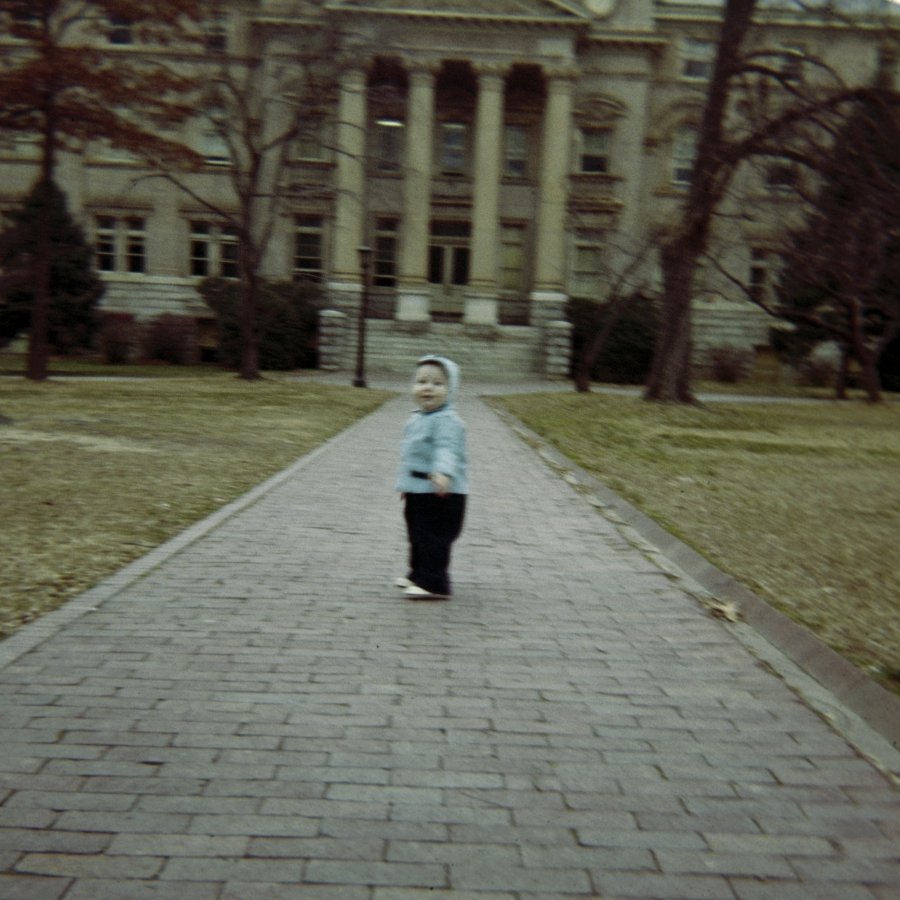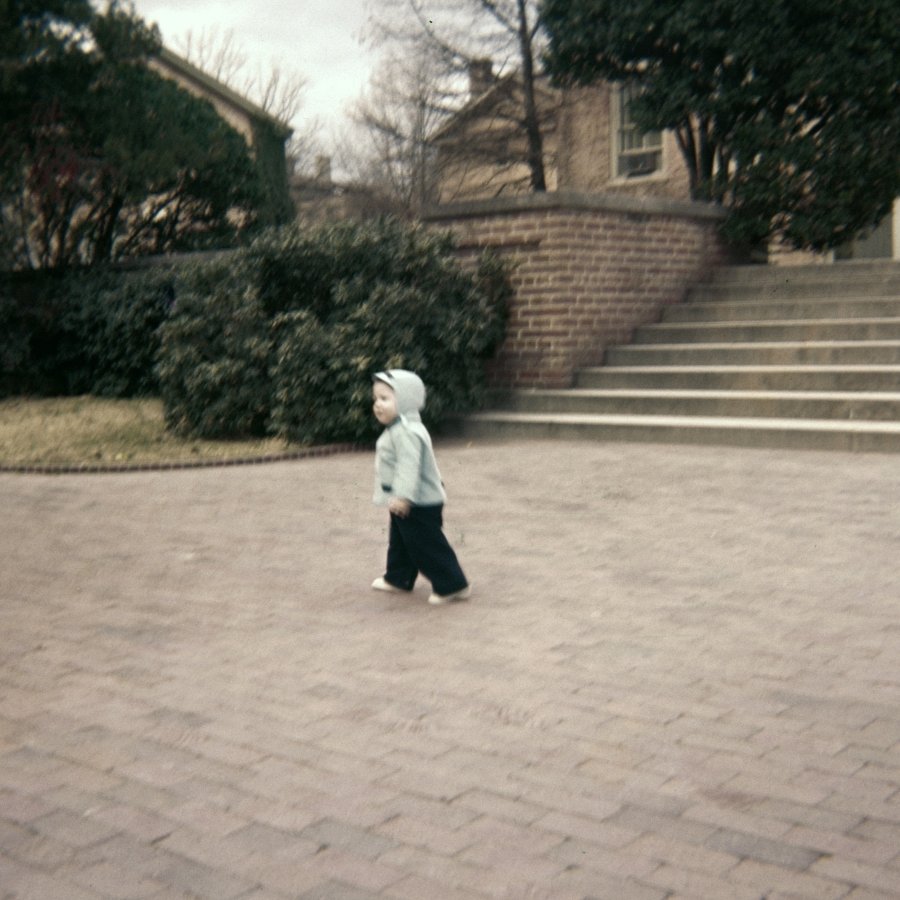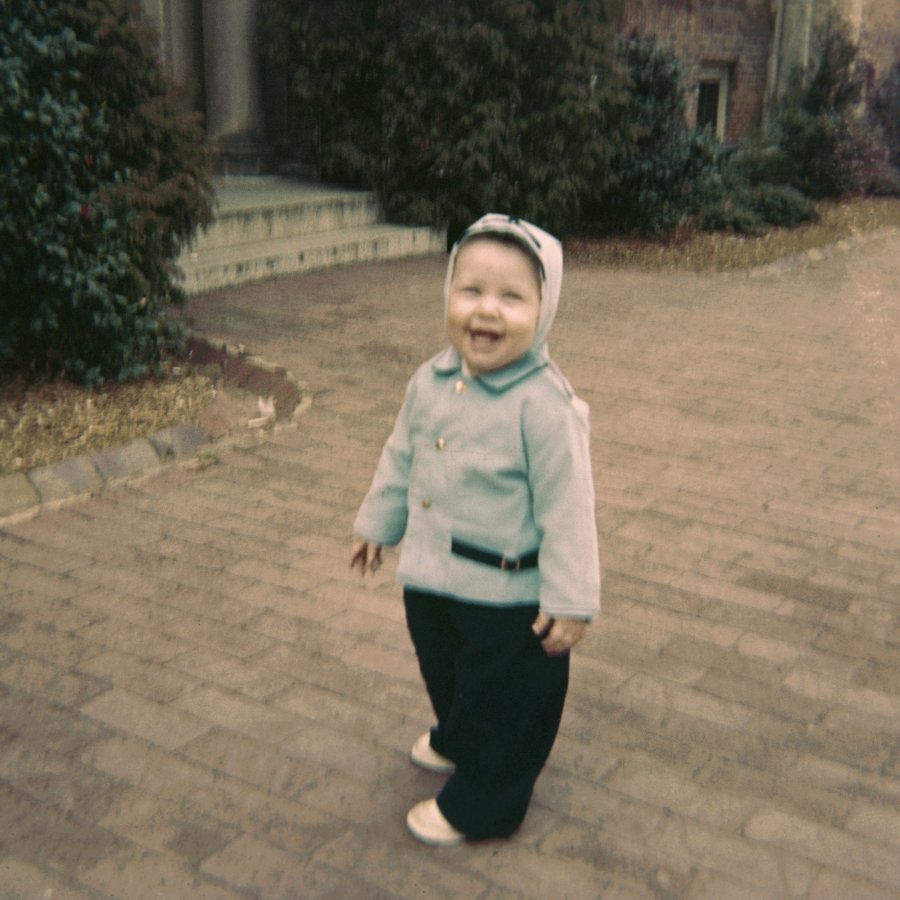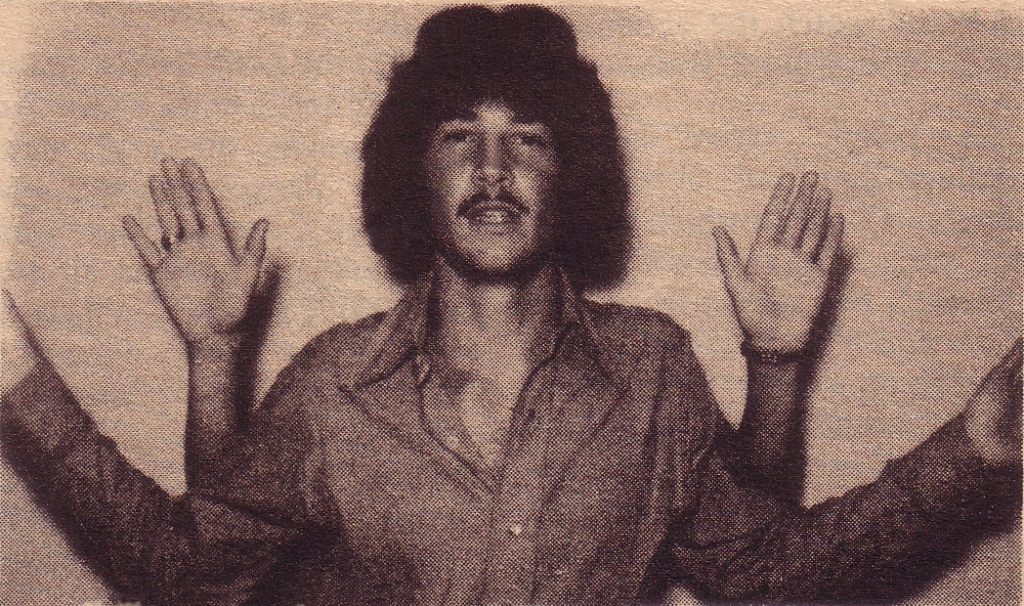 My father smoked in the house while I was growing up, but that was common back then. In fact, for generations people smoked almost everywhere: at work, at home, in theaters, in bars, in restaurants, in stores, in airplanes, and even in the hospital. Smoking was fairly ubiquitous for decades. In the 1960s when I was growing up, almost every other person was a smoker (today it’s down to about 15% of the U.S. population). Rarely did anyone complain about it.
My father smoked in the house while I was growing up, but that was common back then. In fact, for generations people smoked almost everywhere: at work, at home, in theaters, in bars, in restaurants, in stores, in airplanes, and even in the hospital. Smoking was fairly ubiquitous for decades. In the 1960s when I was growing up, almost every other person was a smoker (today it’s down to about 15% of the U.S. population). Rarely did anyone complain about it.
Cigarette ads were everywhere: on radio, on television, in magazines, in stores, on billboards, and in movie theaters. Cigarette vending machines were commonplace. Cigarette companies even targeted children. They appeared in cartoons like The Flintstones and Tom and Jerry, and you could buy candy cigarettes at the candy store across the street from the elementary school.
Anyone can watch old movies and films to see how prevalent it was. About the only place I remember you weren’t supposed to smoke was in the elevator because of the confined space.
I have an old picture that someone took of my father on one knee proposing to my mother. One hand is holding hers, and the other is holding a cigarette.
Despite his own habit, Dad did try to discourage my brothers and I from smoking a couple of times while I was growing up. When I was very young, he satisfied my curiosity about it by letting me take a drag off his cigarette. He knew I wouldn’t like it, and he was right. I spent a long time in the bathroom afterwards brushing my teeth.
Later, he gave us all a demonstration that he hoped would keep us from ever smoking. He asked us to watch him as he took a puff and then he blew the smoke out through his handkerchief. It left a brown spot. He said, “That’s just what I blew out. Most of it stayed inside me, and that was just one puff. Imagine how that might build up over time in my lungs… so many puffs for each cigarette, a pack of 20 cigarettes a day, 7 packs a week, week after week, and year after year.”
It did make some impact on me, but I wasn’t planning to smoke anyway back then, so I didn’t think it was something I would ever need to worry about.
Things did start changing slowly after the 1964 United States Surgeon General’s Report on Smoking and Health suggested there might be a relationship between smoking and cancer, but the changes after that were very slow and gradual—and almost imperceptible for years–and there didn’t seem to be any concern for nonsmokers. Things pretty much continued as they were, except later some tobacco companies began to introduce lower tar or “lighter” cigarettes and new kinds of filters.
By 1971 there was the Public Health Cigarette Smoking Act, which banned cigarette ads on television and radio. I probably didn’t notice.
I started smoking in 11th grade. It was January or February of 1975. I’ve been a smoker on and off—but mostly on—ever since.
My best friend smoked, some of my other friends smoked, and I had dated a couple girls in high school who smoked when I was in 10th grade and earlier that year. I didn’t see what the attraction was, but it didn’t bother me that they smoked. After all, I had grown up with my dad smoking, and it was so common that I didn’t spend a lot of time thinking about it.
If it hadn’t been for one especially cold and windy night, I might never have started. I asked my best friend to let me have one of his cigarettes to distract me from how cold it was while we were walking outside. Despite wearing my heaviest coat, it felt like the wind was blowing through my bones, and we couldn’t talk without our teeth chattering. I was looking for anything to take my mind off the cold. The cigarette didn’t seem so bad, so I started thinking about trying it again… and one lead to another over the next few days….
I kind of liked the buzz I got off them before class when I first started. Of course, that didn’t last, but all the cool kids hung out in the designated smoking area in high school, and I was making new friends there.
Cigarettes were fairly cheap back then, about 35 cents a pack in NC. That was probably less expensive than anywhere else on the planet because North Carolina was the tobacco capital of the world.
I went to Myrtle Beach with some friends after graduating 11th grade and partied hard for a week, smoking and drinking. I may have gone through 15 packs while I was there. I had made myself sick of them by the end of the week, and I quit when I got back home. I didn’t feel any withdrawal symptoms at all, so I didn’t think it would be so hard to quit any time I wanted to. That was part of the reason I didn’t see any problem when I started back up about a week later.
Maybe it was in the late 1970s–or sometime in the 1980s–that there started to be separate sections in some (not all) restaurants for smokers and nonsmokers, but there wasn’t anything to stop the smoke from travelling from the smoking section to the nonsmoking section. It just kept it from being quite as direct or in-your-face as it might have been previously.
I bounced around a bit after college in the early 1980s, and tried to find work in the Clearwater Beach area in Florida. I wasn’t having much luck trying to find a job without a car before my money was going to run out, so I thought it might be productive to try and quit again before I was going to have to move back home. A few days spent floating around in a pool and trying to relax as much as possible worked. By the end of a week, I had gotten over the physical addiction. It had been a little harder than when I quit before, but it wasn’t too bad.
It was about 8 months before I started back. I started to realize that there was the physical addiction that I had already dealt with, but there was also the psychological addiction that might be more insidious.
The cost of cigarettes went over a dollar a pack in the 1980s.
I remember when it happened in Nashville. It may have been 1982 when I moved to Nashville with one of my younger brothers, and I got a third shift job at a corner convenience store called Hot Spot. It was just something to pay the bills until I could find better job.
I had been working there a few weeks when the cost of a pack went over a dollar. Near the end of my shift an old man came in to buy a pack, and I quoted him the price. He was outraged. I tried to tell him about the price increase, but that didn’t help. He was so mad that he took out all the coins he had in his pocket and threw them into my face as hard as he could. “THERE’S YOUR MONEY!!!” he screamed at me and walked out the door.
I wasn’t in Nashville long. I moved back to North Carolina in 1983 and it wasn’t much later that the cost went over a dollar there as well.
In 1984 the Federal Cigarette Labeling and Advertising Act forced cigarette companies to place Surgeon’s General warnings on all cigarette packs and advertisements, but that didn’t stop anyone I knew from smoking.
I made another attempt to quit smoking in the late 1980s because a woman I was in a relationship asked me to. It was even harder this time. It took 2-3 weeks now to get over the physical addiction. This time my abstinence only lasted about 6 months before I started back. Once again the psychological addiction came into play when I was going through some stressful times.
In 1988 smoking was prohibited on all domestic flights less than two hours. In 1989 it was expanded to include all domestic flights. I didn’t do much flying, so that didn’t impact me. The only flight I made during that time was not domestic, and I was able to smoke in first class on my trip to Cancun, Mexico.
Things really started changing at a faster pace in the 1990s….
In 1993 the U.S. Environmental Protection Agency (EPA) concluded that secondhand smoke caused lung cancer. It designated secondhand smoke a Class A carcinogen, a proven cause of cancer. This put it in the same category as asbestos and radon.
As a result of the EPA report, by the mid-1990s smoking bans in some public places began to be enacted in hundreds of local governments and in 40 states, but I don’t believe North Carolina was one of them.
My younger brother in Nashville got married around then, and that was the first time I ended up in a smoke-free hotel when I went to his wedding. It seemed fairly noteworthy at the time because it was somewhat uncommon.
My parents stayed in the same hotel, and my father later told a story about an experience he had while he was there. He said he was heading outside to have a cigarette, and he was holding one unlit, cupped in his hand, when he got on the elevator going down. A woman got on at the next floor and saw the cigarette filter sticking out from his hand. Dad said she gave him a dirty look when the door closed. She assumed the cigarette was lit. He said she was waving her hand back-and-forth in front of her face to keep from inhaling the imaginary smoke. She was also “tisk, tisk, tisking” and making noises of exasperation as she continually looked from his face to his hand to the elevator door and back again.
When the door opened in the parking garage, he stepped out. He said he made sure that she saw him light the cigarette as the door closed.
It wasn’t long after this that a friend who was a few years older died. She always smoked like a chimney and everyone always bugged her about her smoking, telling her it would be the death of her. She died after being in a coma for 3 days after falling off the back of a golf cart and breaking her neck. No one ever warned her about falling off golf carts, and all that time spent worrying her about smoking was for nothing.
Probably every smoker has friends who bug the crap out of them about their smoking. I once told one of my friends like this that “One day you’ll be looking at my dead body, someone will ask you why I died, and you’ll have to tell them that you worried me to death about smoking.”
But probably every smoker has an army of friends and family who are always bugging them to death about smoking, as if we haven’t heard it thousands of times before. It is frankly annoying as hell, and not very likely to motivate me to quit. In fact, it tends to have the exact opposite effect. I might sigh and say, “Yes, I know” when they bug me, but I feel like saying, “Would you just shut the fuck up about it already? Don’t you think I KNOW all this by now?”
Nevertheless, I did make another attempt to quit smoking in the 1990s, and, once again, it was harder than the previous occasion to get over the physical addiction. It took about a month this time, but I did go about 1 ½ years without smoking before I got caught by the psychological addiction again. It happened after I broke up with someone I was in a relationship with. I was feeling down after the break-up, and I was out drinking with friends at a bar. Someone lit up a cigarette, I said “Give me one of those,” and BOOM! I was smoking again.
In 1998, it came out that perhaps the EPA had “cherry-picked” their information to come up with a desired conclusion regarding secondhand smoke risks back in 1993. In a case the tobacco industry brought against the EPA, a federal district judge ruled that the EPA had “committed to a conclusion before research had begun” and the “EPA disregarded information and made findings on selective information.” The judge also ruled that “using standard methodology, EPA could not produce statistically significant results,” and that the “EPA cannot show a statistically significant association between ETS [Environmental Tobacco Smoke] and lung cancer.” Based on this, the judge vacated the study.
Afterwards, the EPA appealed the ruling against them and had it overturned by the fourth circuit court of appeals on a jurisdiction technicality, not the merits of the ruling. But the media didn’t pay much attention to the controversy at the time. Things proceeded as if there was never an issue with the EPA’s conclusions, the EPA stuck by its guns, and the EPA report continued to be cited without any qualification about its legitimacy.
Nevertheless, for the most part, most things hadn’t changed very significantly for smokers. They might be a little inconvenienced here-and-there, but they could do much of the same things they were doing before. You could still smoke in a lot of places, and you could easily avoid most places where you couldn’t smoke. You could still smoke in bars and many restaurants and in many (but maybe not all) workplace environments (if not on the sales floor, in your office, for example). While many hotels now offered smoke-free rooms, you could still easily get a hotel room you could smoke in.
It wasn’t until sometime after the turn of the century that things began to change more dramatically.
By the early 2000s, an ever growing number of jurisdictions across the country began enacting smoking bans in bars and restaurants, reaching some areas sooner than others. By then, some restaurants had begun seating customers in a separate room rather than a separate section in the same room. As the decade progressed, many restaurants began to seat them at tables outside. By then, you could no longer smoke in most theaters, in most stores and malls, in hospitals, at work, in buses or subways, in planes and trains, or inside almost anywhere. Even the very small, designated smoking areas at airports began to disappear.
Another decade and another attempt to quit smoking. Again, it was harder and took longer to overcome the physical aspect. It took a couple months or more this time, but I did it. But once again I fell back to smoking a year later because of the psychological aspect.
Giving up cigarettes is supposedly harder than giving up heroin, as far as the physical addiction goes. I had proven I could make it through that, but I evidently may never be able to overcome the psychological addiction. It was at this point in my life I began to think I’d not bother to try to quit again. I mean why go through all that suffering when I just keep going back to it later??? I’ve heard that Einstein said that “the definition of insanity is trying to do the same thing over and over again while expecting a different result.” I don’t know if he actually said it or not, but it seems to make sense.
By the 2010s, it seemed restaurants, bars, and some hotels were the last to have smoking banned, but they went pretty quickly as state governments began to ban smoking in all public and commercial buildings.
I happened to be in Washington, DC when that kind of ban was enacted there. As I approached a bar near where I was staying, it seemed to be packed with people overflowing outside. I thought the bar must be very popular. When I went inside, no one was there except the staff. Everyone was outside smoking because of the ban. North Carolina passed the same kinds of restrictions soon afterwards.
Even many restaurants have stopped offering a table outside for smokers, and most places not only stopped allowing smoking inside their establishment, they insist you must be beyond a certain point outside of it.
When my father had undergone (not smoking-related) surgery several years earlier, he was in a room recovering for 17 days. I had to sit with him most of that time so that he would have someone to take him outside in a wheelchair every couple hours to have a cigarette. He had been smoking since he was 14 and wasn’t about to stop this late in his life. No one else was there to do that for him, so I had to sit in an uncomfortable chair–while he had the bed–to be at hand for him for the full 17 days. Each time he wanted one, I had to get him into his wheelchair, push him to an elevator, take him downstairs, and push him outside so many feet away from the entrance so he could have a smoke. Then take him back when he was finished.
Now hospitals don’t even allow you to smoke on their property at all. You can’t even smoke in the parking garage in your car with the windows rolled up. I really can’t believe that could possibly be worse than the carbon monoxide pouring out of the back of a car.
I had to have surgery myself a few years ago, and I thought I’d check out the smoking situation before my admission. The closest area was across the street from the hospital, under a bridge that ran over a creek. A security guard told me that hospital patients were frequently injured falling down the steep decline to the creek trying to find a place to have a smoke. He said that someone had stumbled, fallen into the creek, and drowned the week before. Imagine that! People actually dying to have a cigarette at the hospital!
It would seem that hospitals would try to make some kind of better accommodations for smokers that don’t plan to quit rather than insisting they have to be entirely off their property.
Hotels are now smoke-free. The last time I stayed in a hotel, they offered three benches in the open air across the street as their designated smoking area. Beach hotel rooms with balconies don’t even allow smoking on those balconies in the middle of winter, even when it’s unlikely anyone else would be on a neighboring balcony because of the cold.
So, now smokers are forced outside, away from everyone else in all kinds of weather, in the blazing heat or the freezing cold or in the driving rain.
A couple years ago smoking was banned in parks in my city, and I know at least some beaches in some states that ban it. So, it’s increasingly banned in outside public places. Some rental apartments prohibit it. And it wasn’t long ago that the condo complex where I live sent out a newsletter telling us we shouldn’t smoke inside our own condo.
It’s increasingly banned inside and outside public places and commercial areas, and now there seems to be an effort to ban it in your own personal space.
I told someone then that it was beginning to seem like we were being driven off the planet, step-by-step.
Not only is it becoming harder and harder to find a place to smoke, it is also becoming more expensive….
The cost of cigarettes has continued to rise with additional federal and state “sin taxes” added onto the cost to theoretically lower consumption and cover the supposed health cost on society. Today the federal government adds on $1.01 per pack in taxes, and state taxes vary from 17 cents per pack in Missouri to $4.35 per pack in New York. In North Carolina, the state tax is 45 cents, so smokers pay an additional $1.46 per pack, and now cigarettes cost about $4-$6 per pack (the cost is roughly $200 per month for a typical non-casual smoker in NC, but probably higher in other parts of the country).
Health insurance rates are also higher for smokers, so they are paying more there as well.
There are also the social costs. Not many people today are interested in dating or entering into a relationship with a smoker (except possibly another smoker), and it seems like they are treated almost like lepers by society.
Aside from friends and family always bugging smokers about smoking, It’s not at all unusual for total strangers to give smokers some shit about it as well. Many will wag their finger and tell you how bad it is, how it will kill you, how you ought to quit, and so on.
It’s funny how no one would presume to tell some overweight person eating something unhealthy the same kind of thing, for example. But, if you’re a smoker, it seems like you’re fair game to be chastised by anyone who sees you smoking.
And people always point out the people who die of lung cancer to you: “SEE! Just think. He would still be alive, if he hadn’t smoked!”
Well, not necessarily. If he had been more health conscious, he might have been hit and killed by a car while he was out jogging by the side of the road years earlier. How can anyone know? Being a smoker might have prolonged his life.
Even when some smokers try to transition to electronic cigarettes or vaping to rejoin society, which shouldn’t be an issue for others, it’s treated just the same way as cigarette smoking in most places. Many nonsmokers are evidently freaked out by the very IDEA of smoking, even when it’s water vapor coming out.
In my mind, it has gone over-the-top, to a point beyond reason. I’ve always tried to be as considerate as possible towards nonsmokers, but why, for example, can’t we have some designated smoking bars and restaurants? A smoking car on the back of the train? Or a courtyard in the back of the hospital? I know it may be an issue for the staff in some of these places, but no one would be forced to work there. I’m a bit of a libertarian in cases like these. Why can’t we let the market decide?
I know it may be a health risk for me to smoke, but it’s bad for me to do a lot of things like eating too much saturated fat, or driving on the highway in 5 o’clock traffic. In the end, it should be my decision, and I should be free to take my own risks in life without people pestering me about it.
I know many people don’t want to believe it, but there are some good things about smoking. Aside from being a relaxant and calming, it can act as both a depressant and a simulant. It speeds up your digressive processes, and it makes you more alert by making the neurons in your brain fire faster. I sometimes joke that it also takes the monotony out of breathing.
I know that might not be much, but the point is it isn’t absolutely evil. It does seem to aversely effect some people more than others, possibly due to genetics. For example, my father smoked all his life, never had a problem with it, and it wasn’t the cause of his death. And a cigar-smoking George Burns lived to be over 100, for example. But I do know some families where it seems to be a greater risk factor. Of course, those kinds of things should be factored in to whatever decision someone might make about it.
I understand that my rights might end when it affects other people adversely, but there should be a way to make accommodations where the odds of that are minimized. In my life I’ve had neighbors who have had a lot of wild parties and played loud music late into the night. I never complained because I hoped they would show the same consideration for me when I wanted to party. I’ve had neighbors with dogs that barked for hours, day and night sometimes. I never complained because I might want to practice my guitar on occasion. The point is that we all might do things that bother other people sometimes, but the more slack we can give each other, the more freedom we have for ourselves to do the things we might enjoy.
I understand that we might be taking it to another level where other people’s health is concerned regarding secondhand smoke, but we can always try to work something out if that’s the case.
But I do wonder if that’s really so much the case with secondhand smoking as it’s made out to be.
I already pointed out how the 1993 EPA study about secondhand smoking was flawed, which may have set many of these cultural and societal changes in motion. Now it seems that everyone takes it as a well-established fact that secondhand smoking is dangerous. It is hard to find anyone—or almost anything on the internet—to challenge it. People seem to be able to find later studies to support the EPA study even if that one was flawed.
But how reliable were these later studies? Is the mindset of most of society so committed to the idea that secondhand smoking is a fact beyond question that people are unwilling to believe anything that might contradict that perception?
I’ve personally never been fully convinced that secondhand smoking is as bad as they’ve been saying for all these years. I’m not talking about how it might affect someone living in the same home as a smoker, someone constantly exposed to it like I was as a child. I’m just talking about people who might be occasionally exposed to it.
There have been several studies that have come out over the last several years that seem to put all these assumptions most people seem to have about secondhand smoke into question.
Is it something people are even willing to consider or are most people’s minds closed on the subject?
I know people aren’t going to go back to how it was—and that might be for the best after all–but maybe we can become a little more reasonable and less over reactionary about it.
Here’s an article from January 2017 which fills in the part of the story I left out of what I covered above. As the article’s subtitle asks, “Will we look at the new evidence for long enough to at least consider whether we’ve gone too far?”
We Used Terrible Science to Justify Smoking Bans
http://www.slate.com/articles/health_and_science/medical_examiner/2017/02/secondhand_smoke_isn_t_as_bad_as_we_thought.html



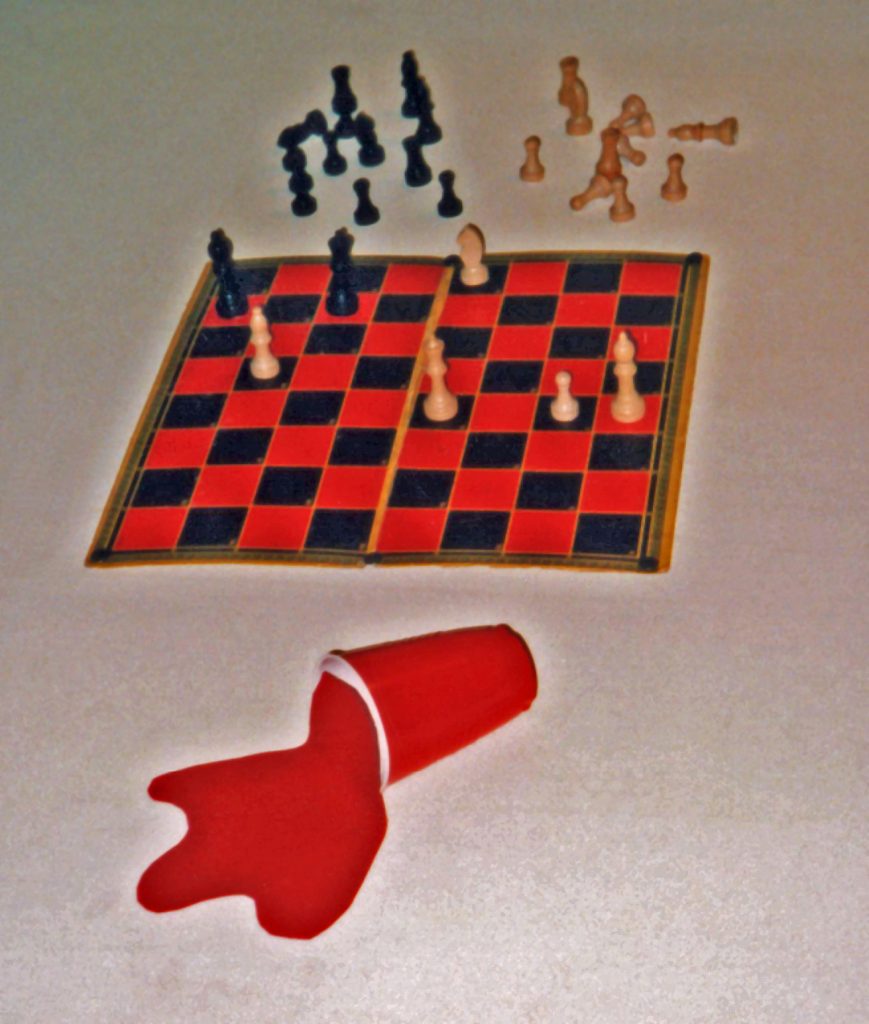



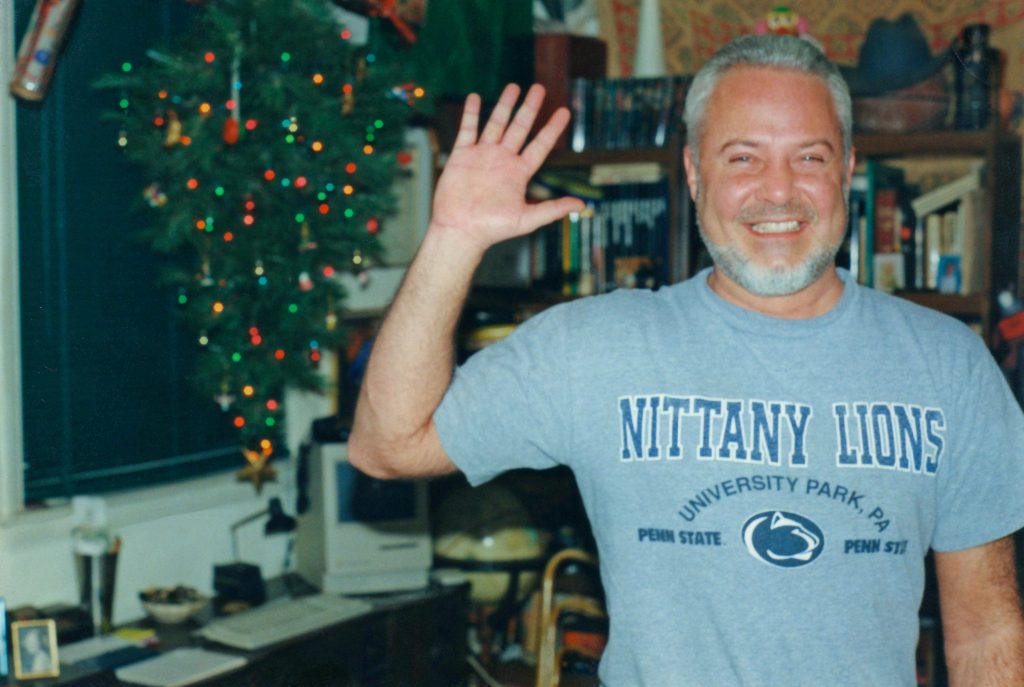
 My father smoked in the house while I was growing up, but that was common back then. In fact, for generations people smoked almost everywhere: at work, at home, in theaters, in bars, in restaurants, in stores, in airplanes, and even in the hospital. Smoking was fairly ubiquitous for decades. In the 1960s when I was growing up, almost every other person was a smoker (today it’s down to about 15% of the U.S. population). Rarely did anyone complain about it.
My father smoked in the house while I was growing up, but that was common back then. In fact, for generations people smoked almost everywhere: at work, at home, in theaters, in bars, in restaurants, in stores, in airplanes, and even in the hospital. Smoking was fairly ubiquitous for decades. In the 1960s when I was growing up, almost every other person was a smoker (today it’s down to about 15% of the U.S. population). Rarely did anyone complain about it.
























































